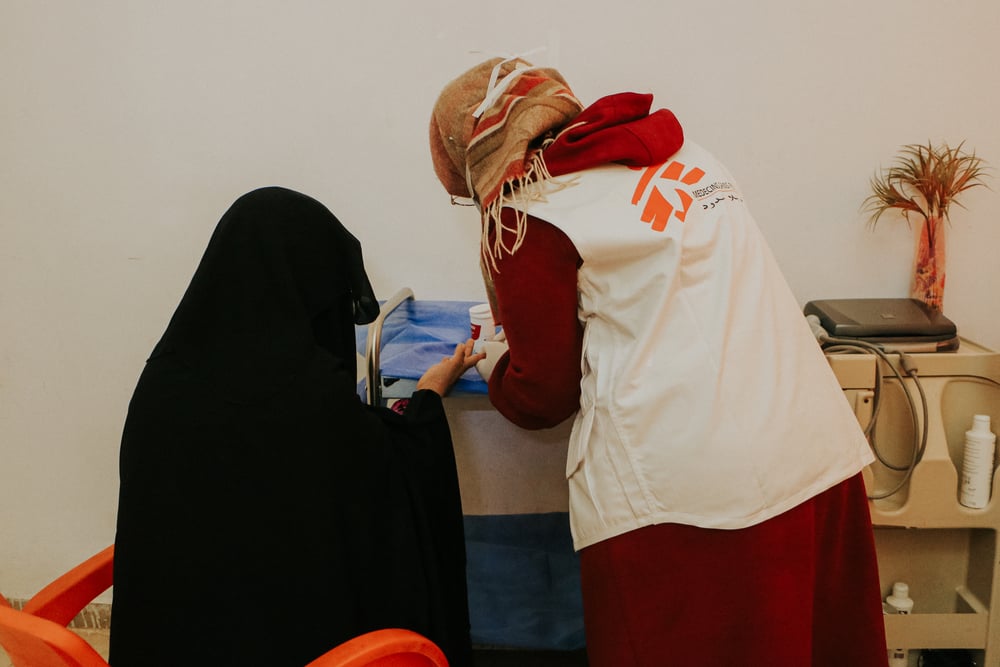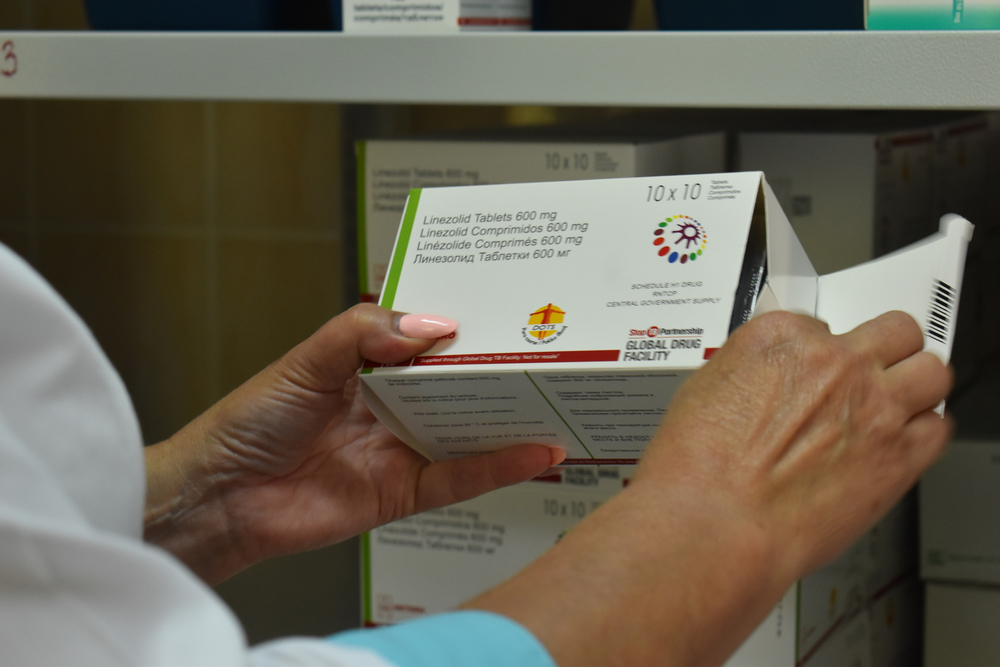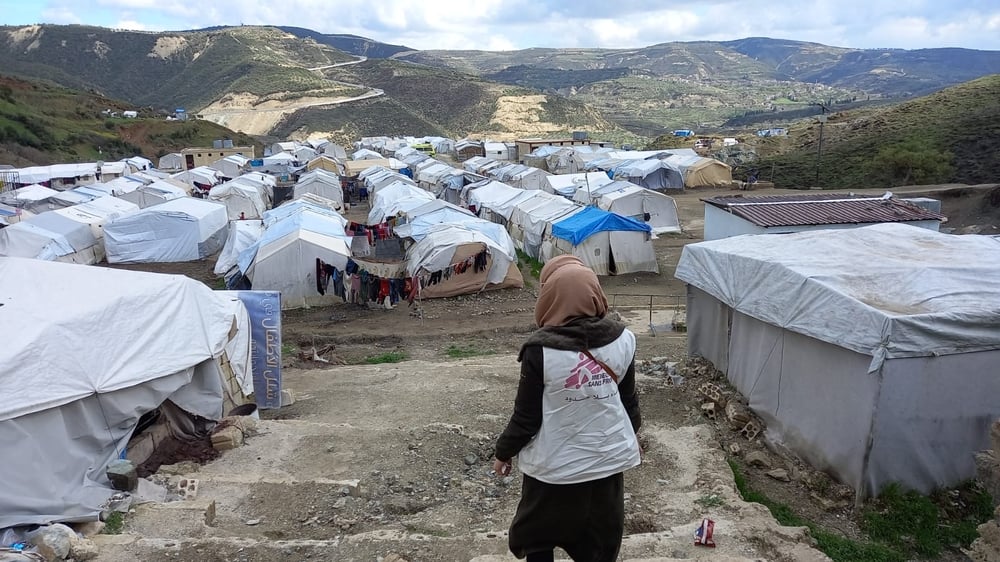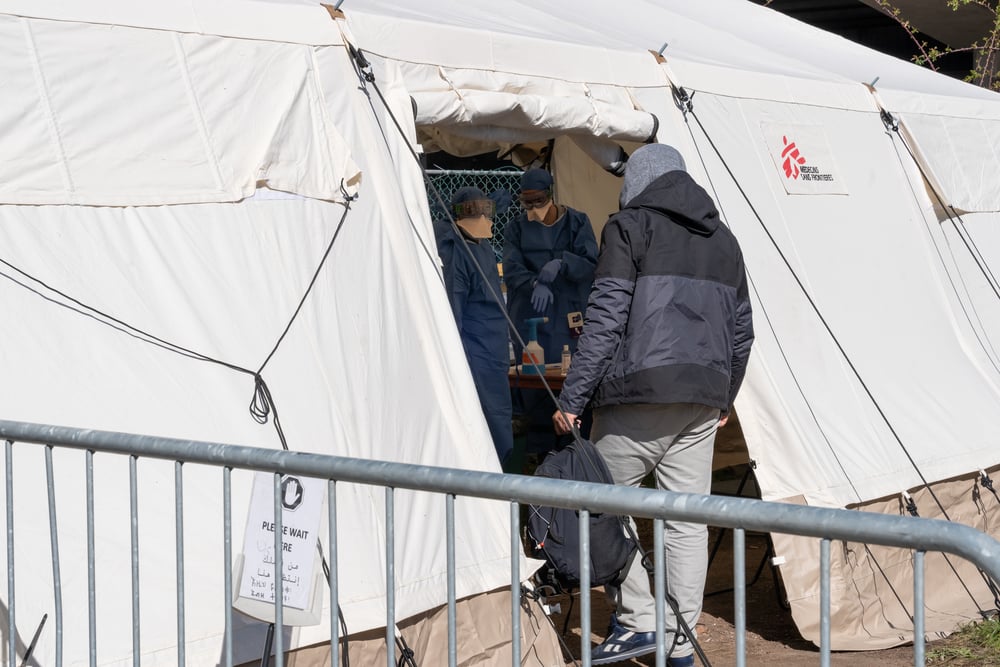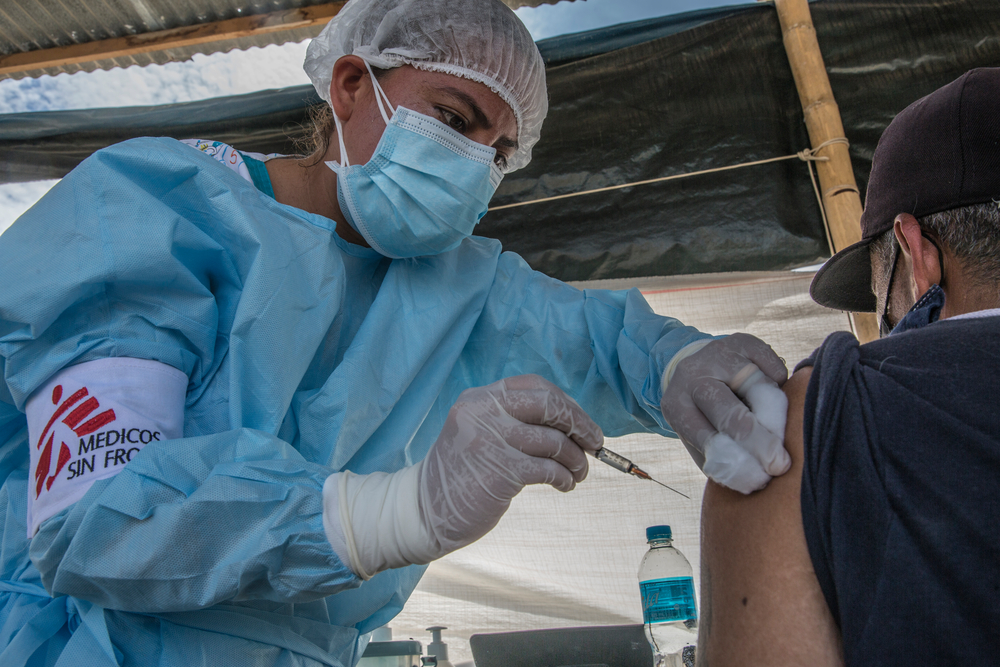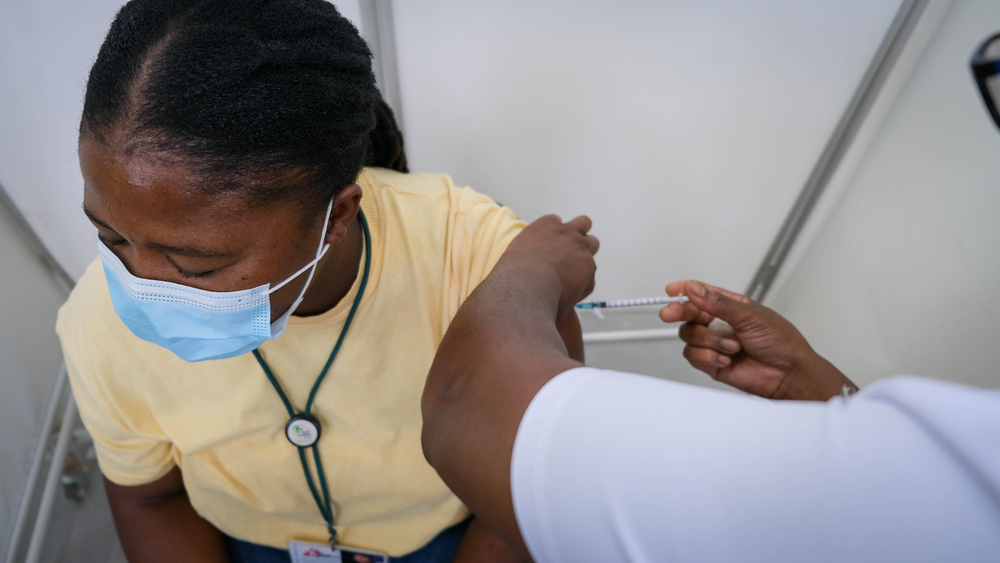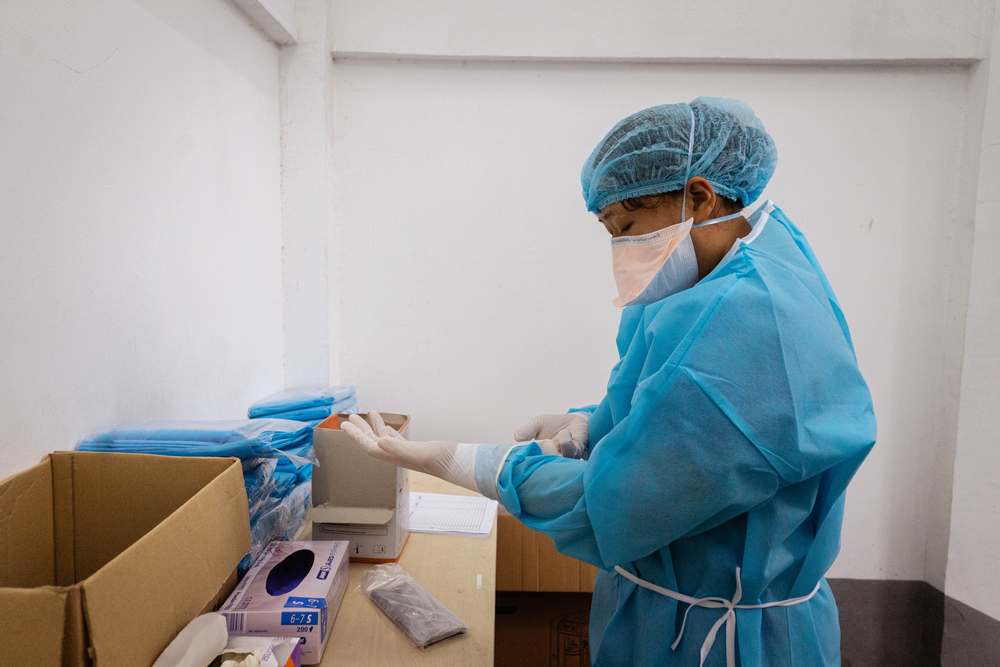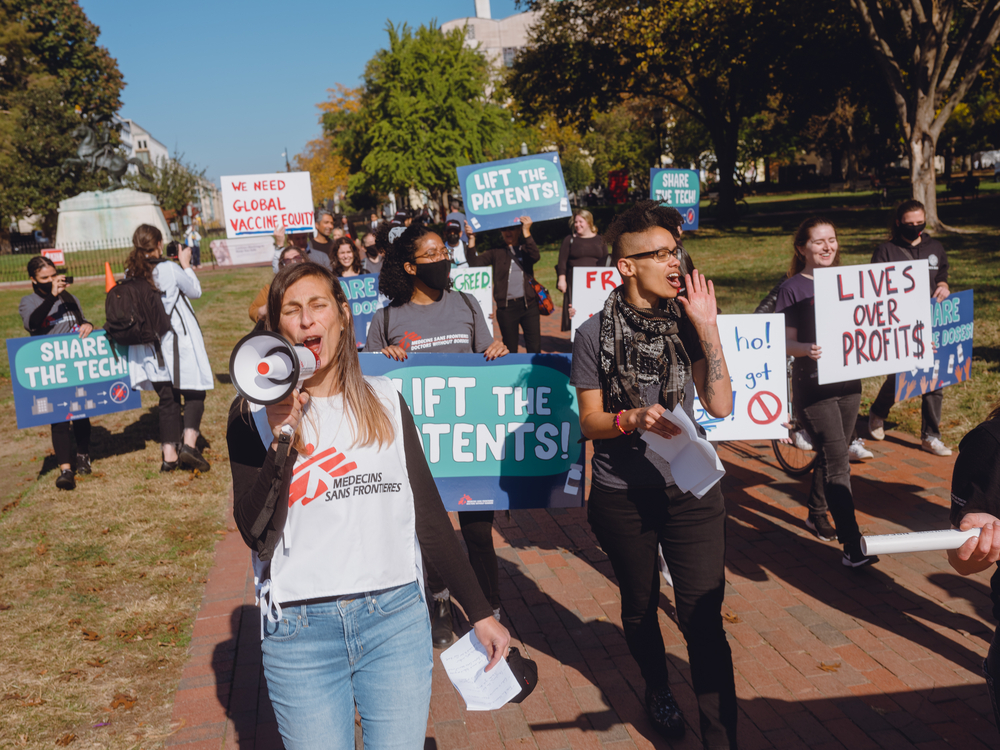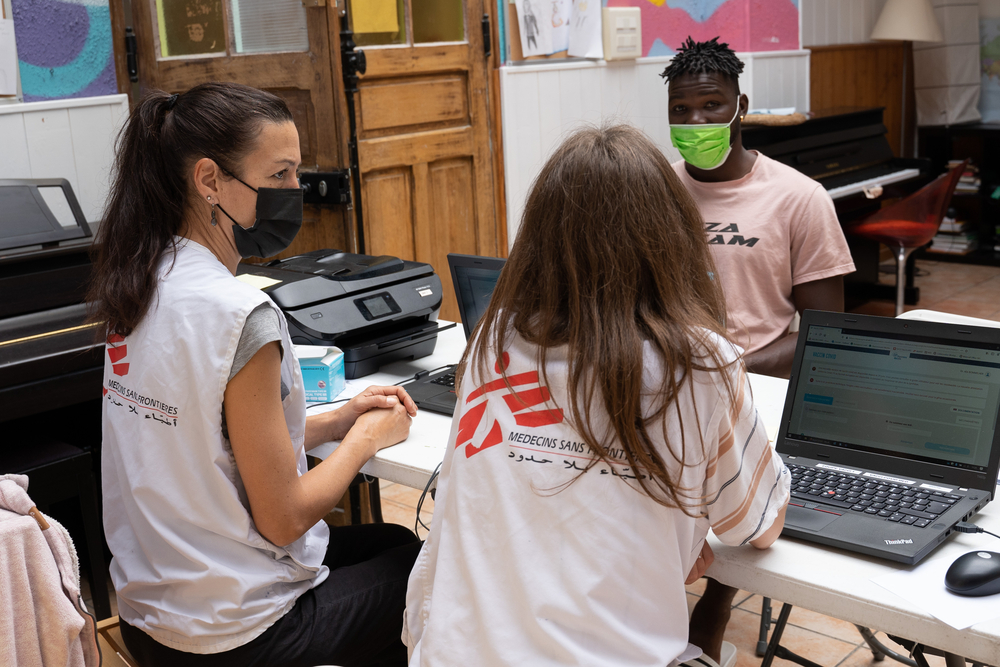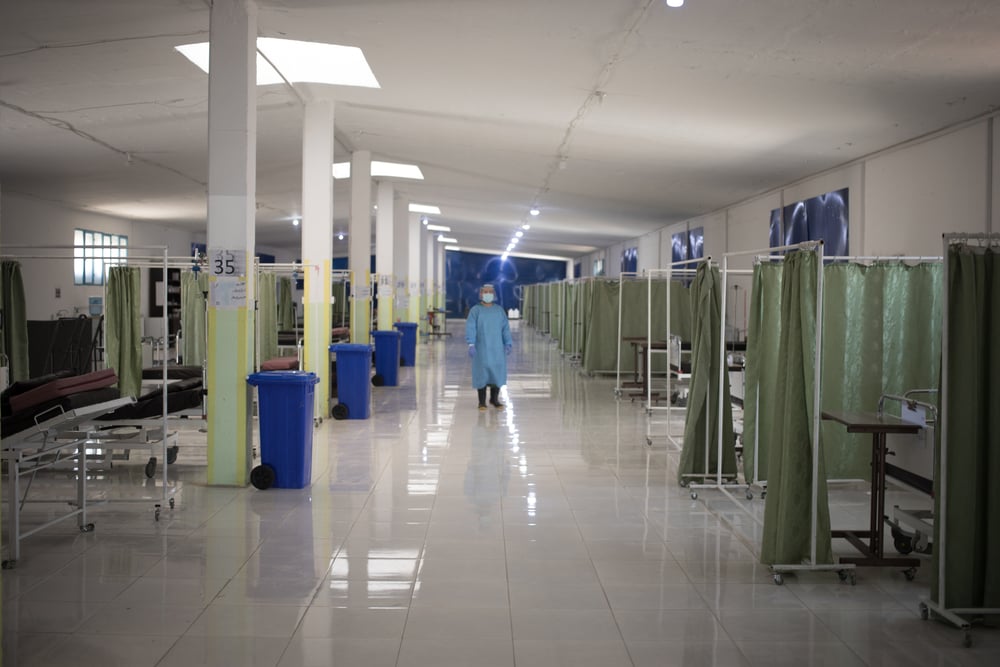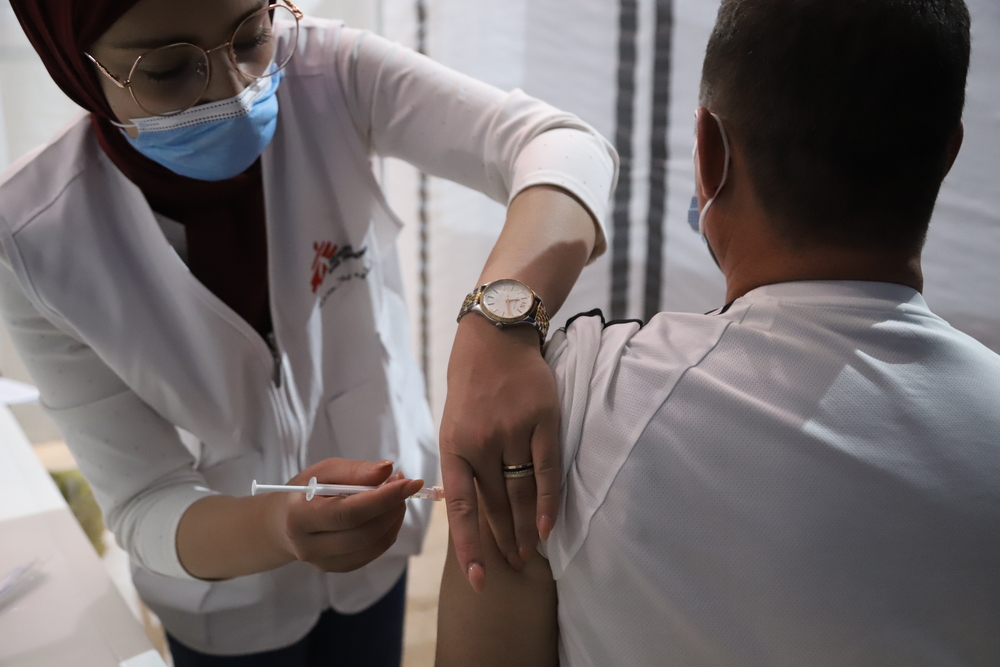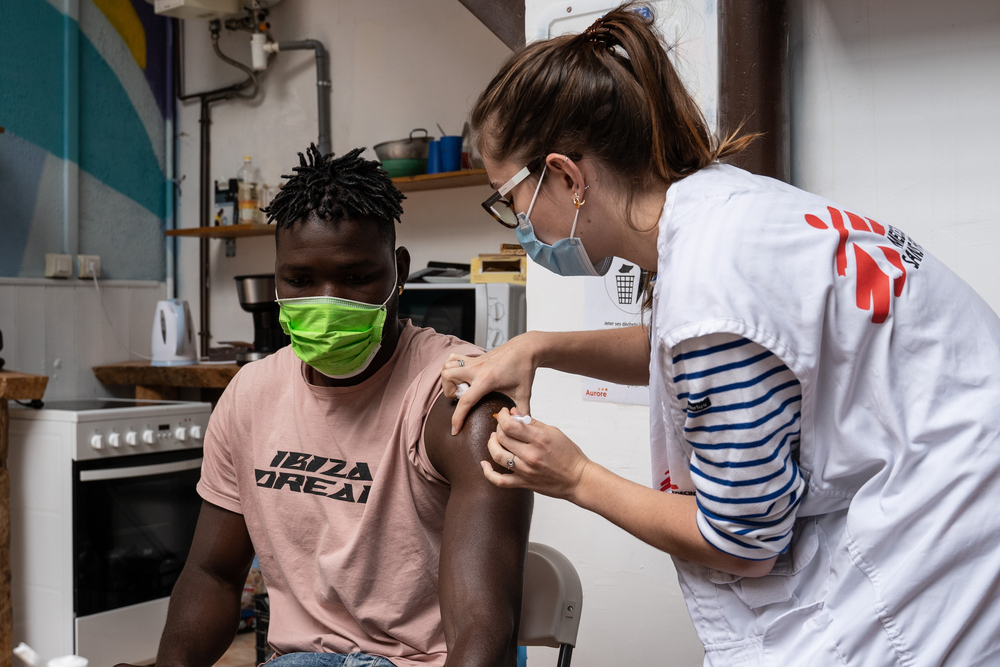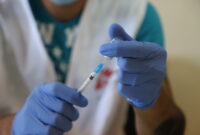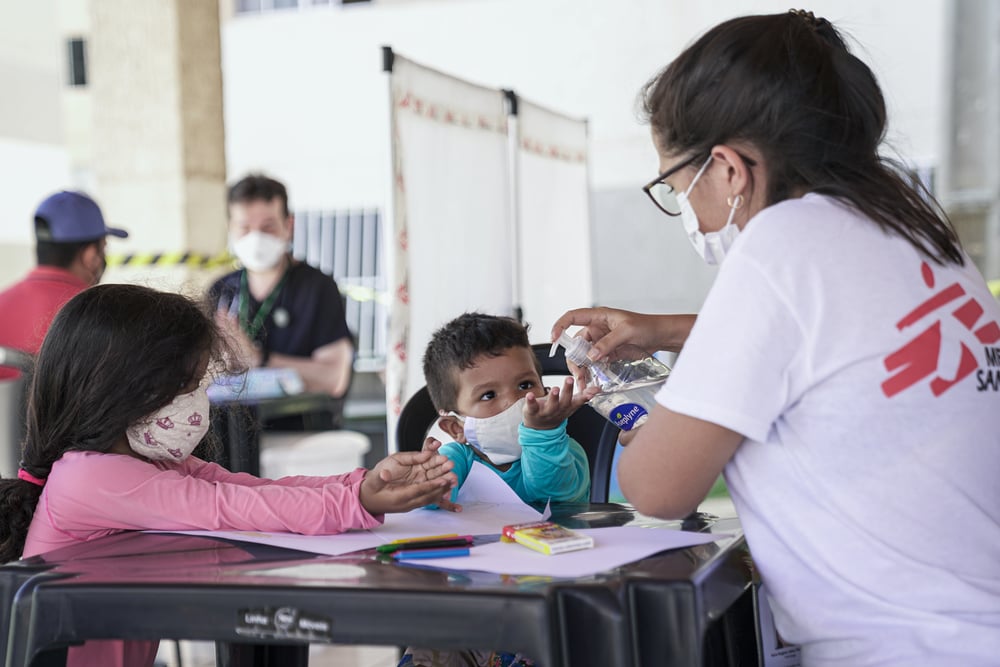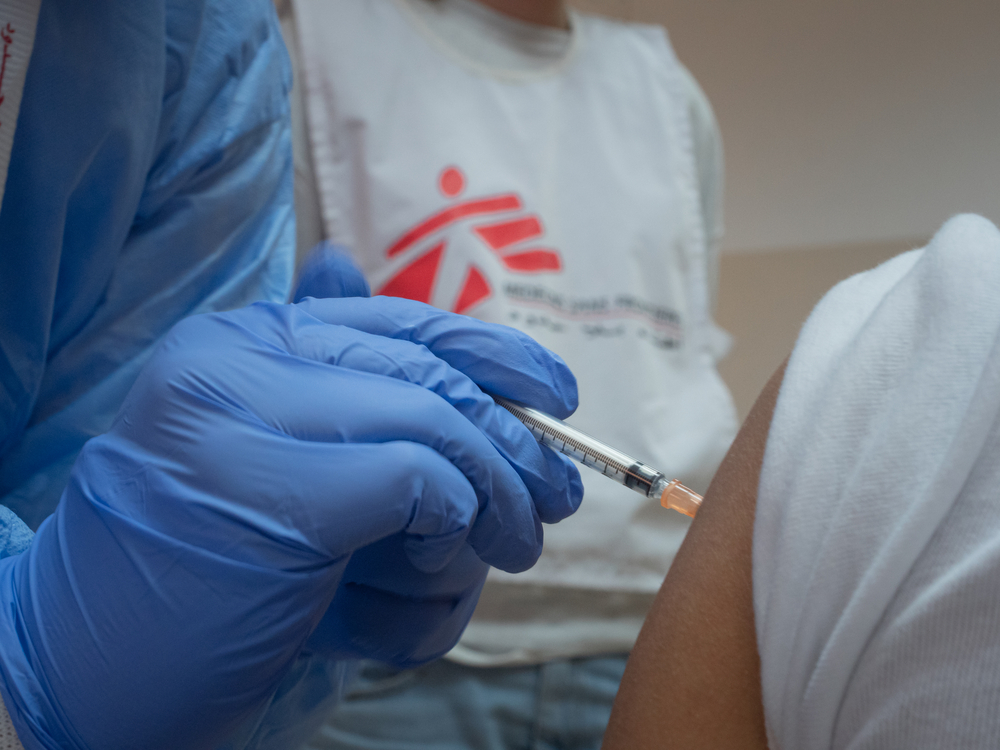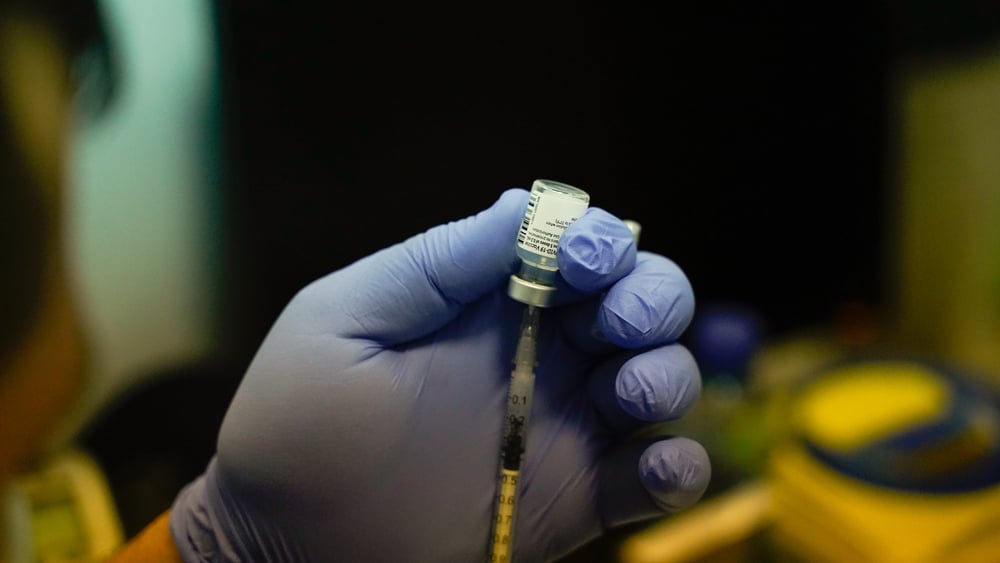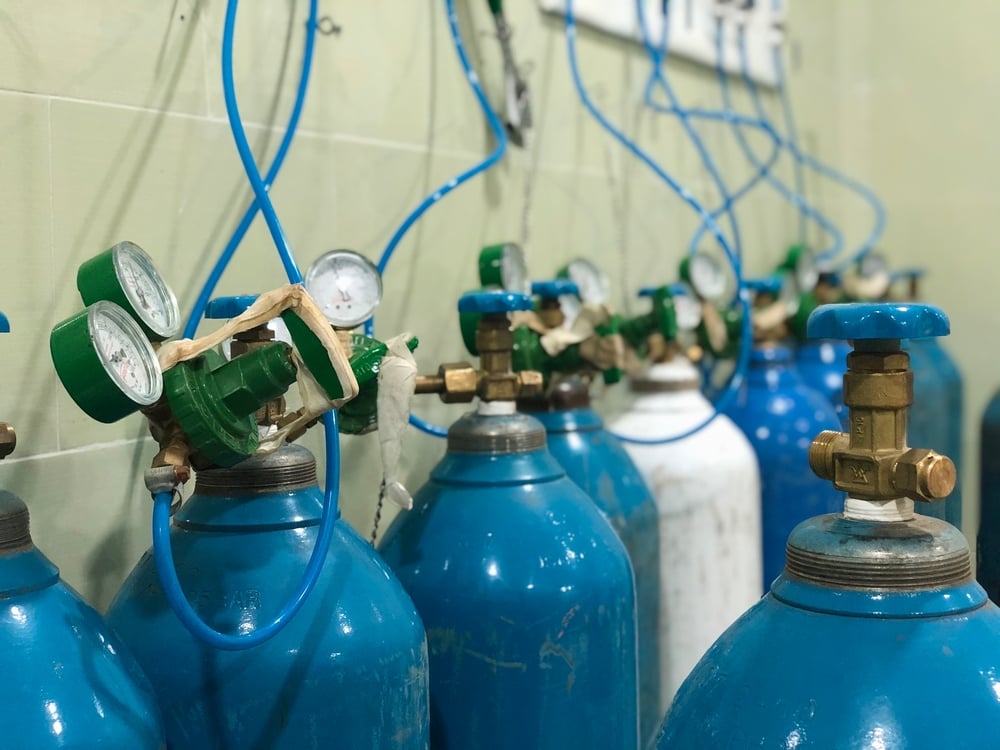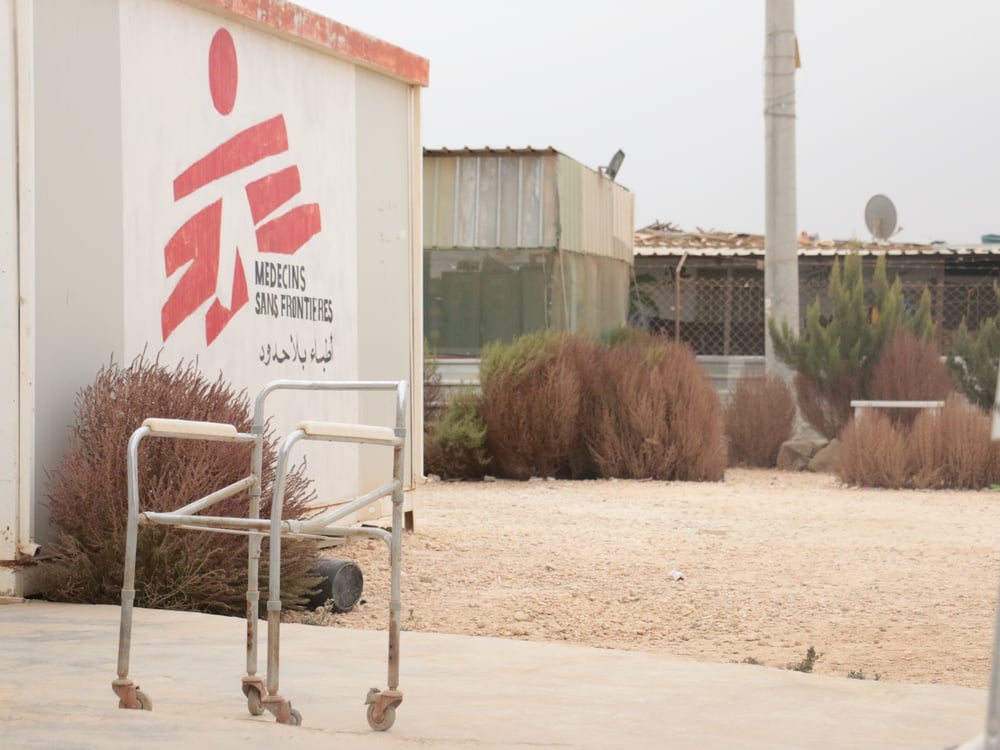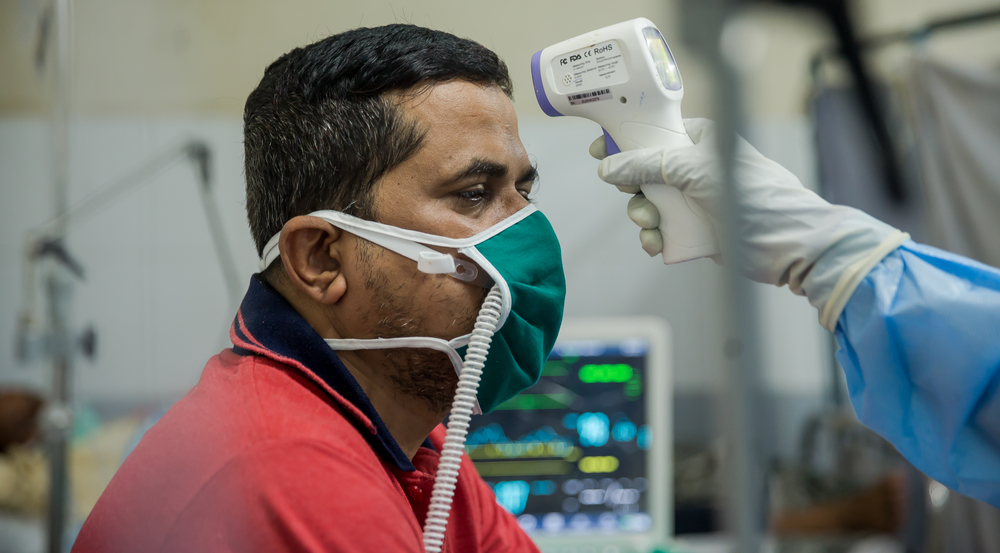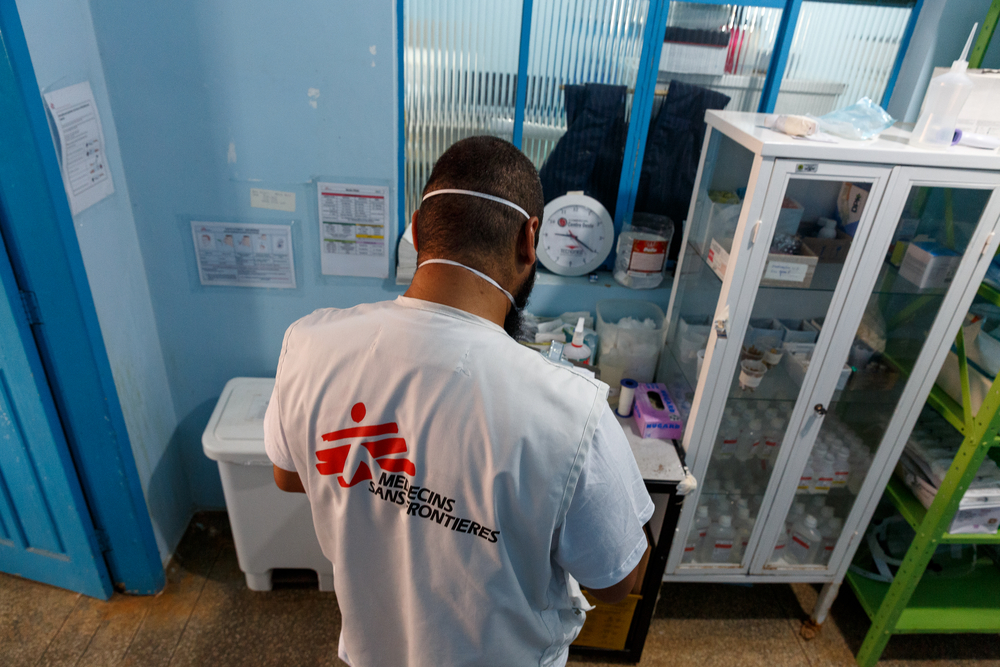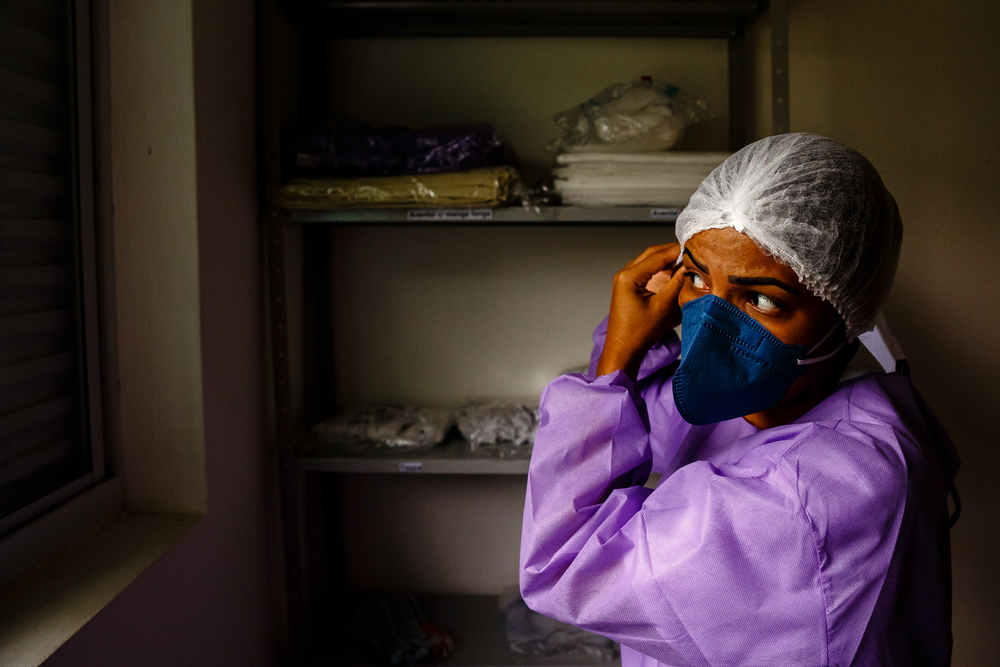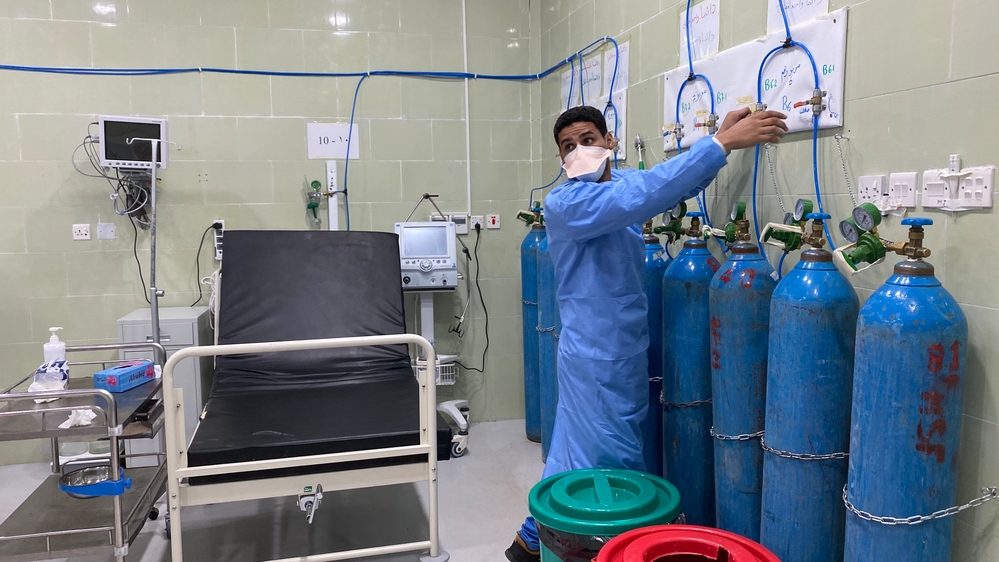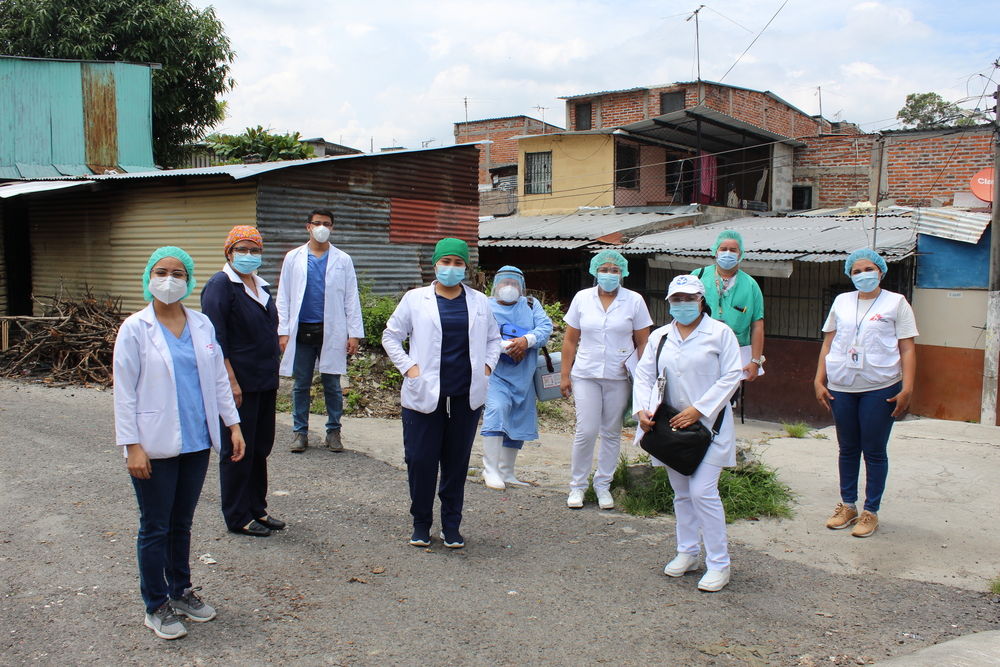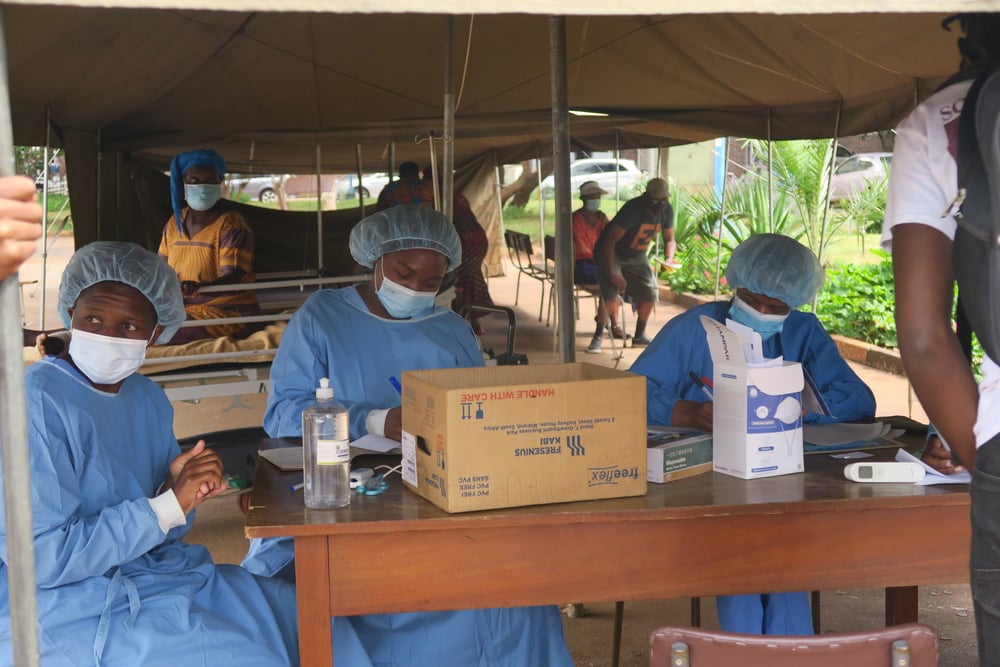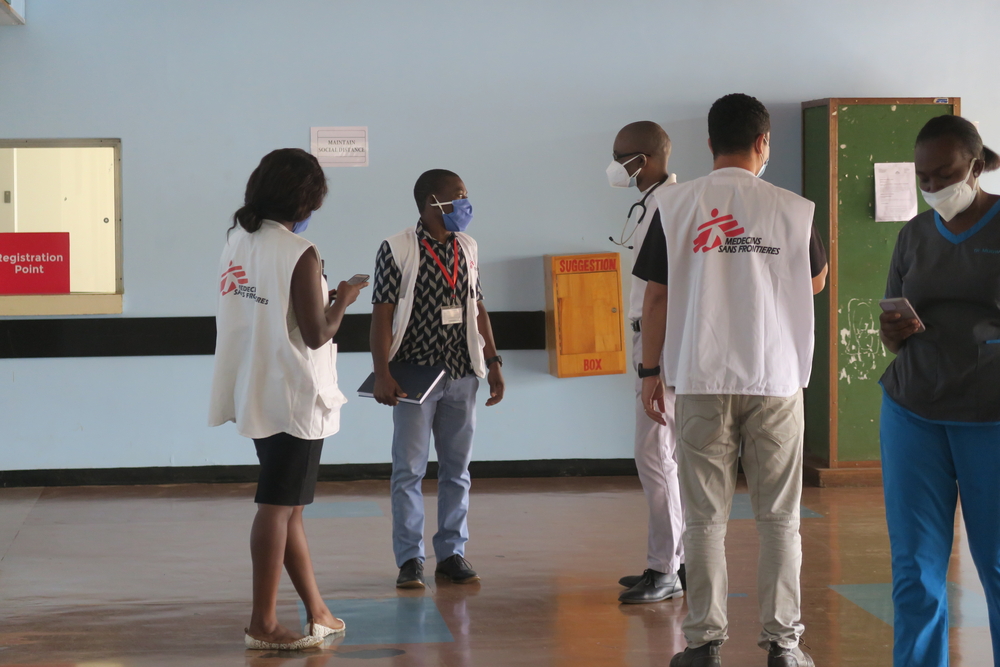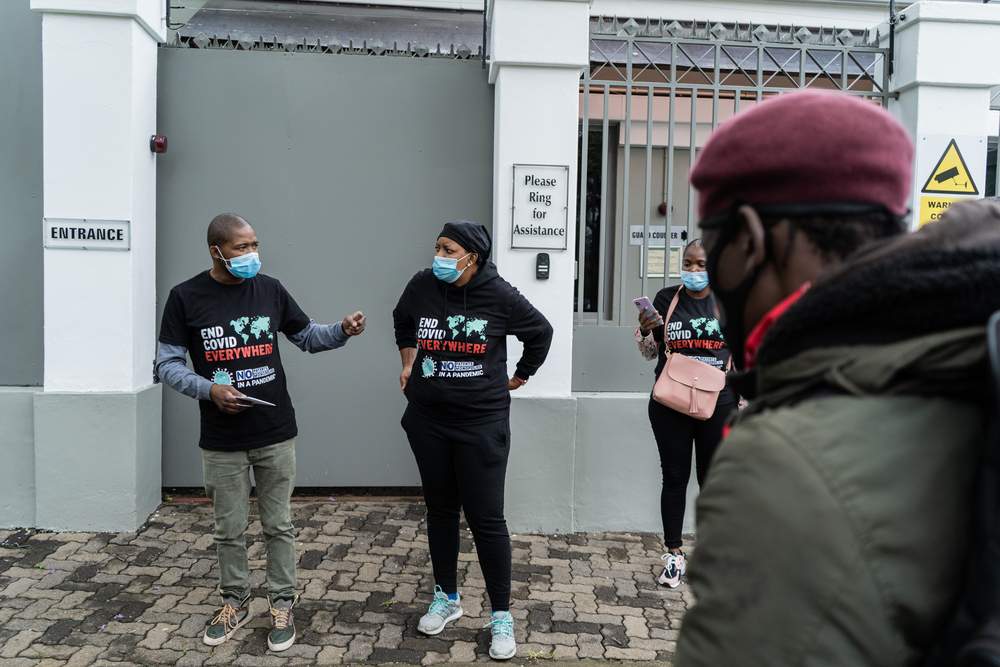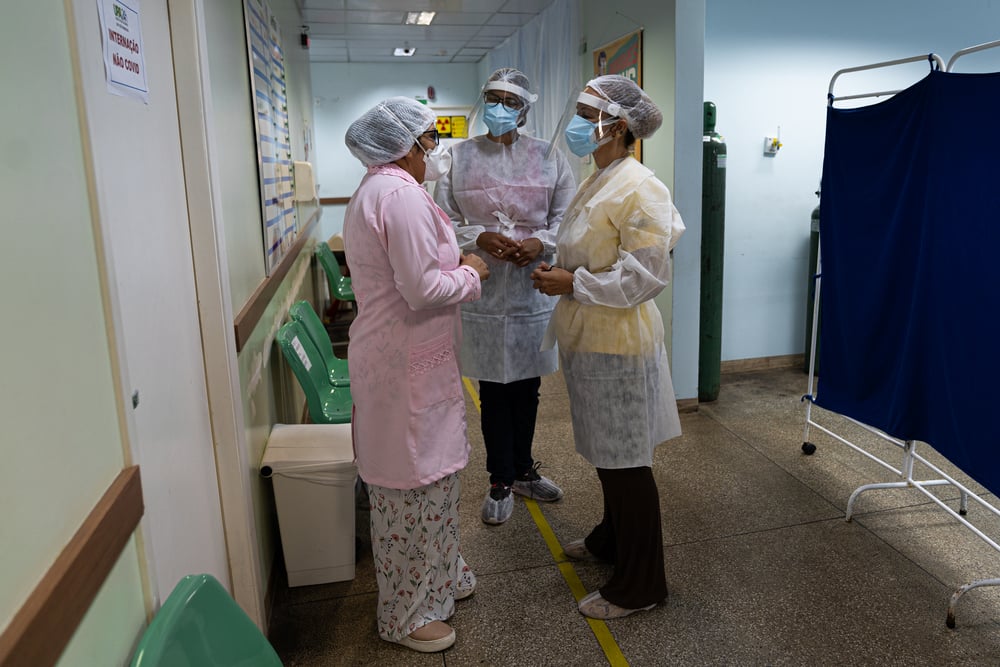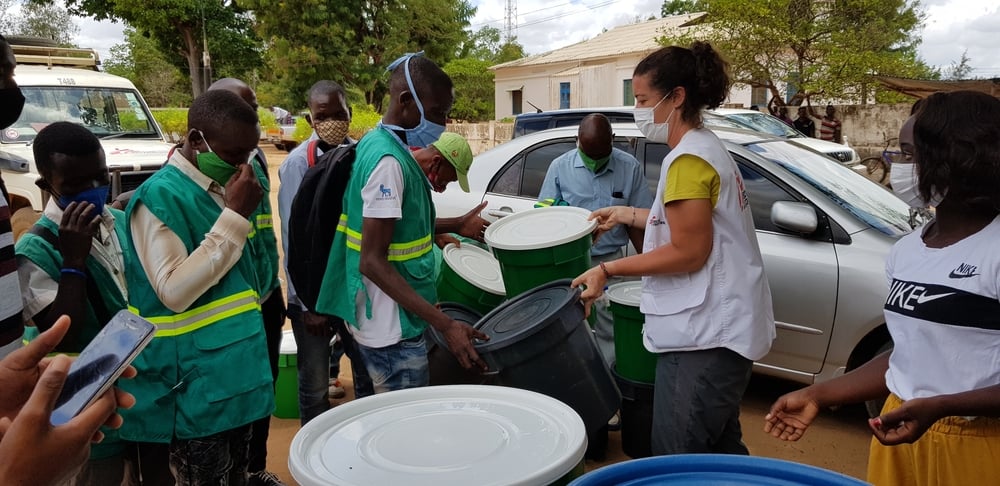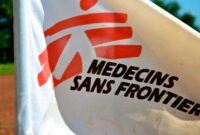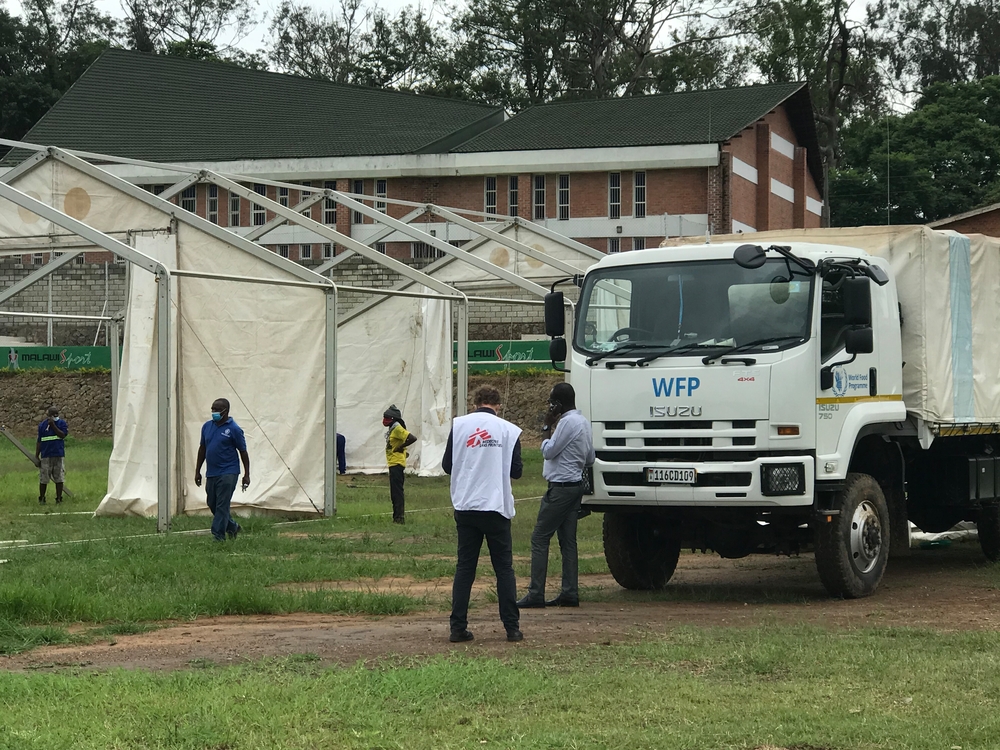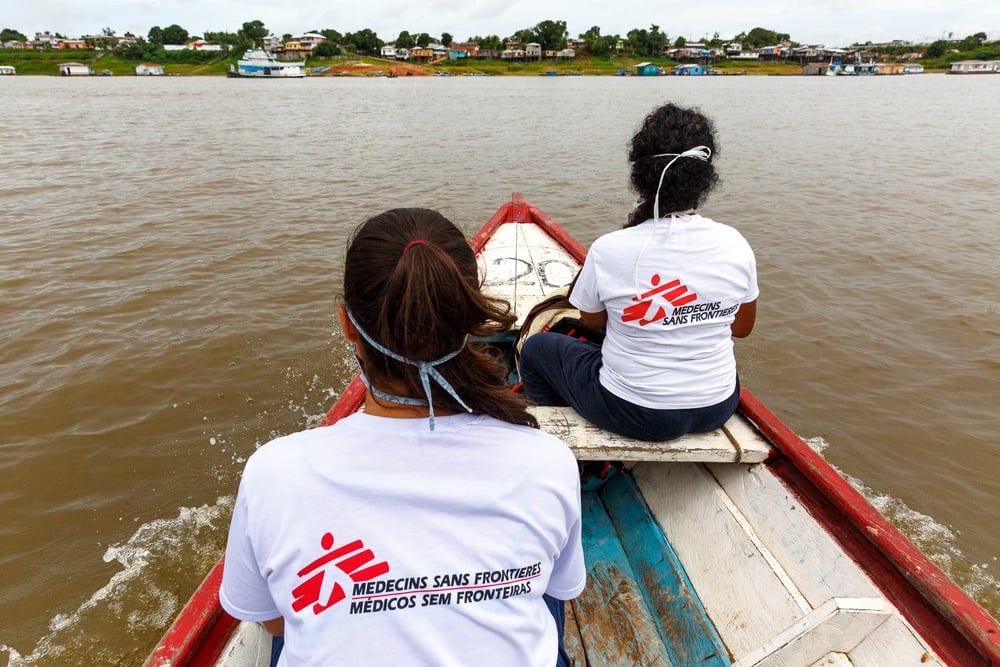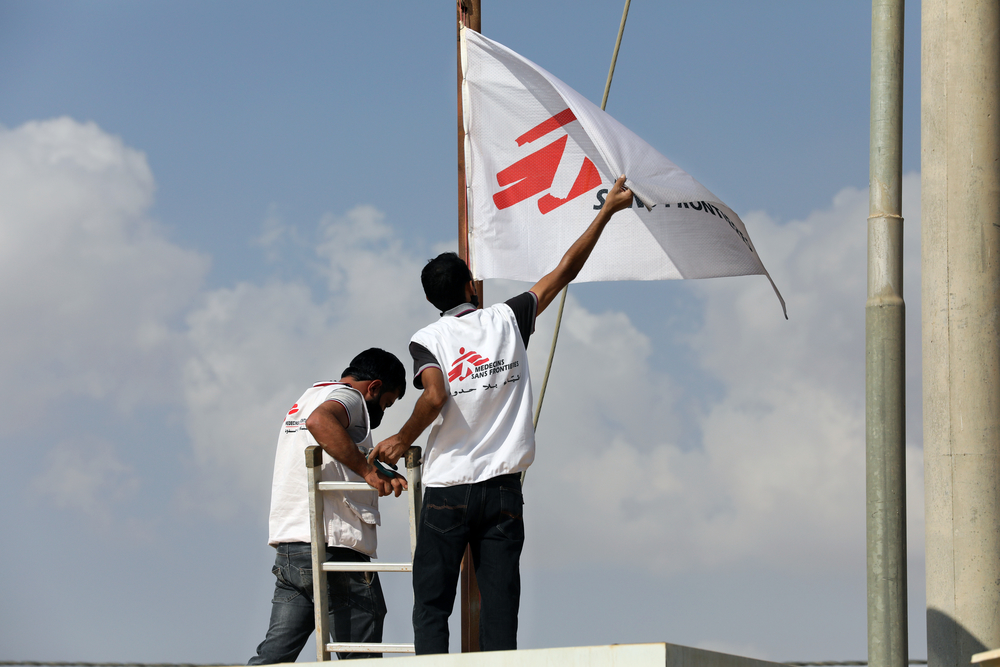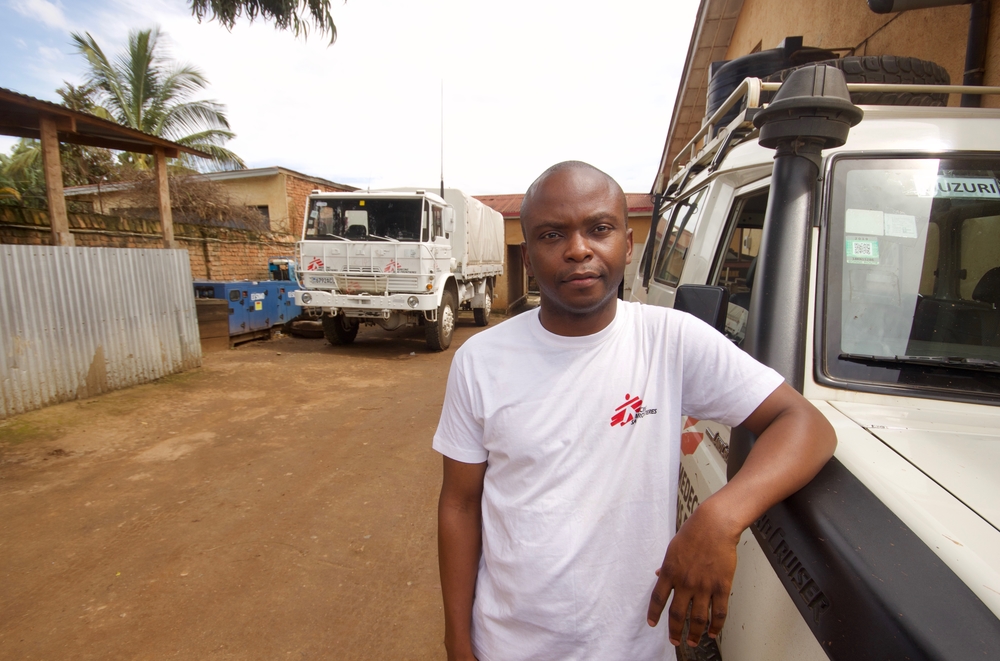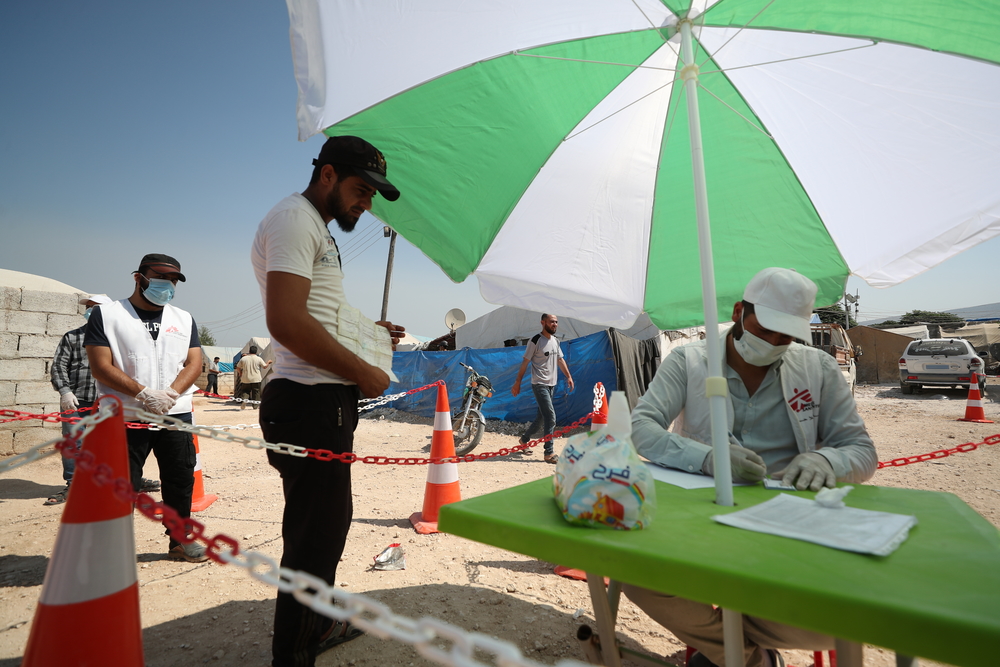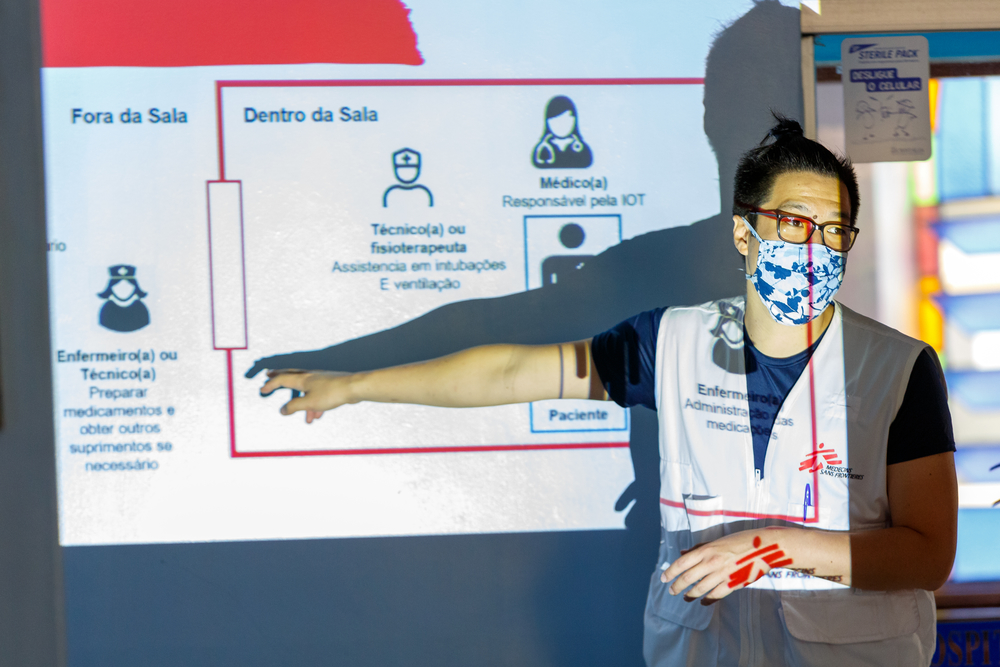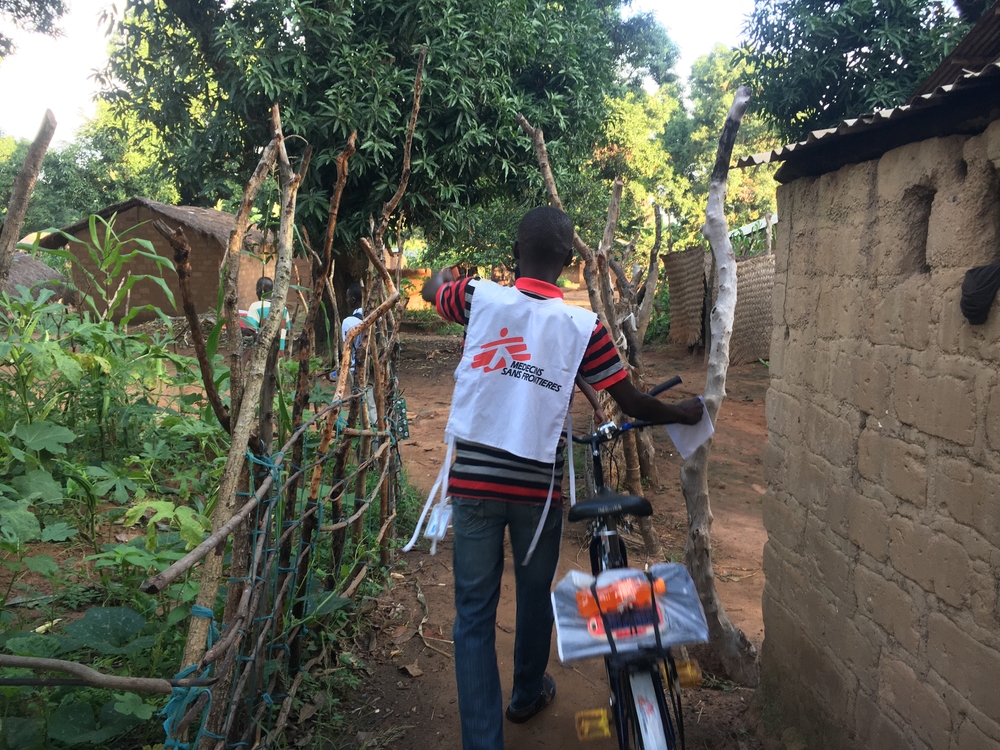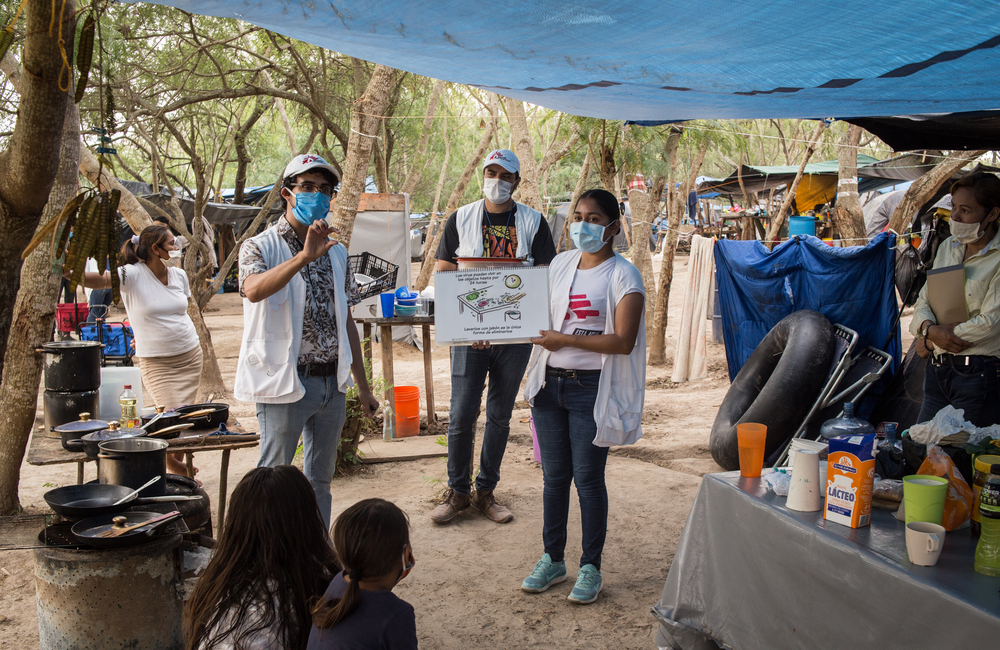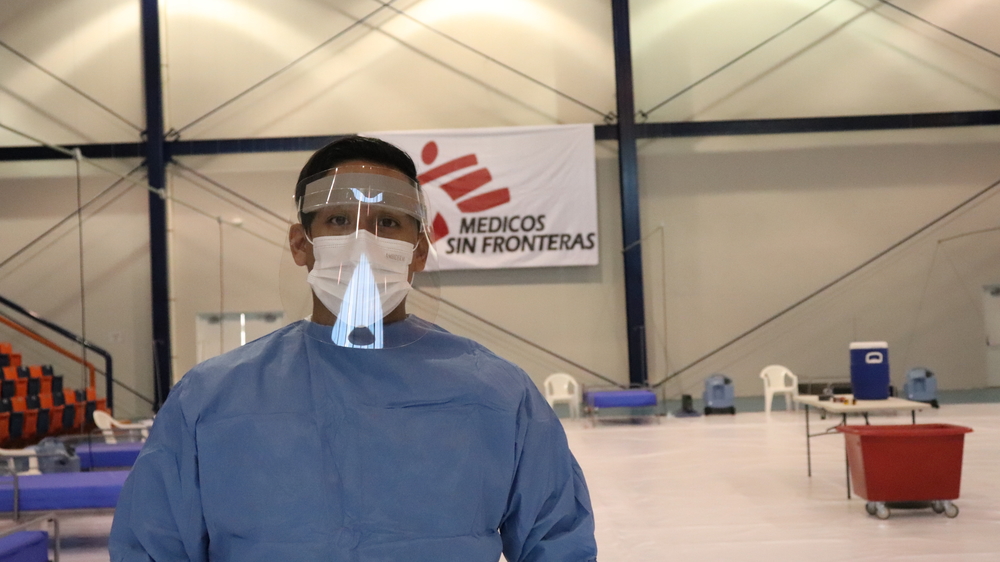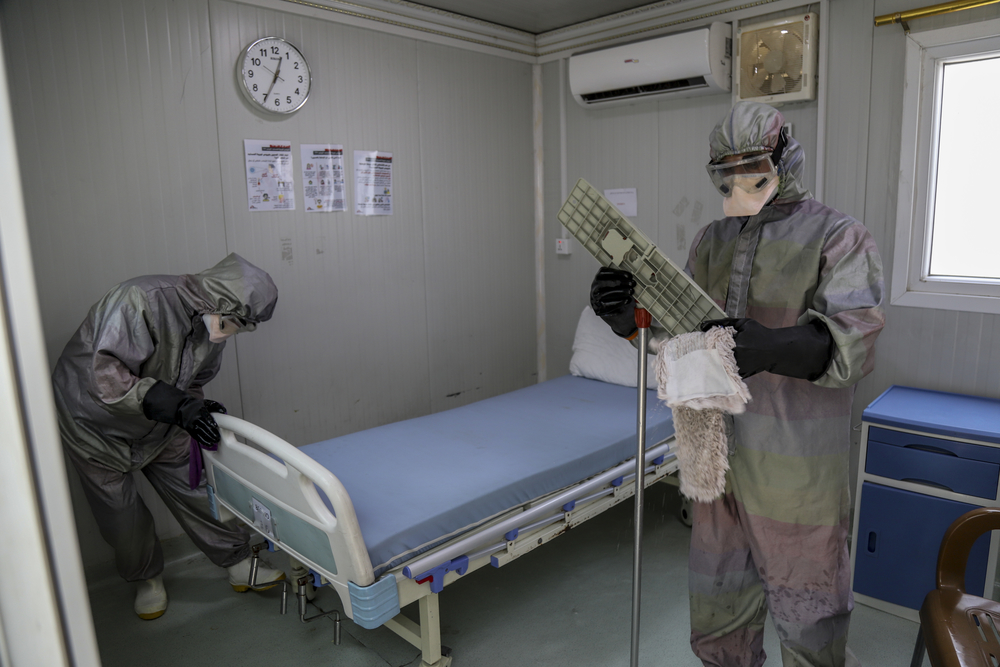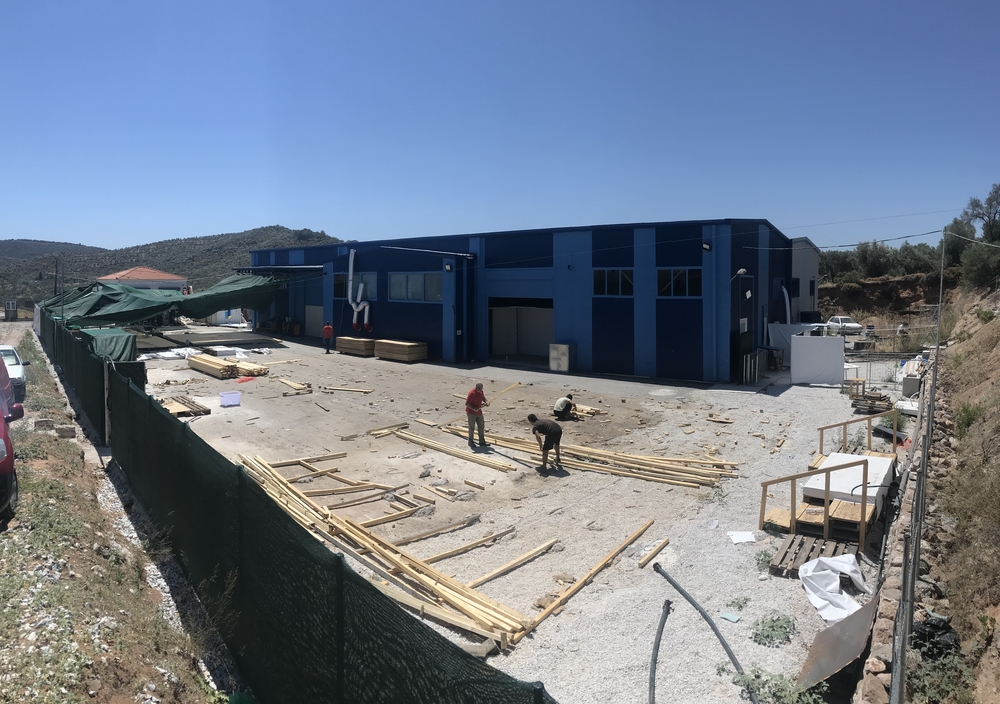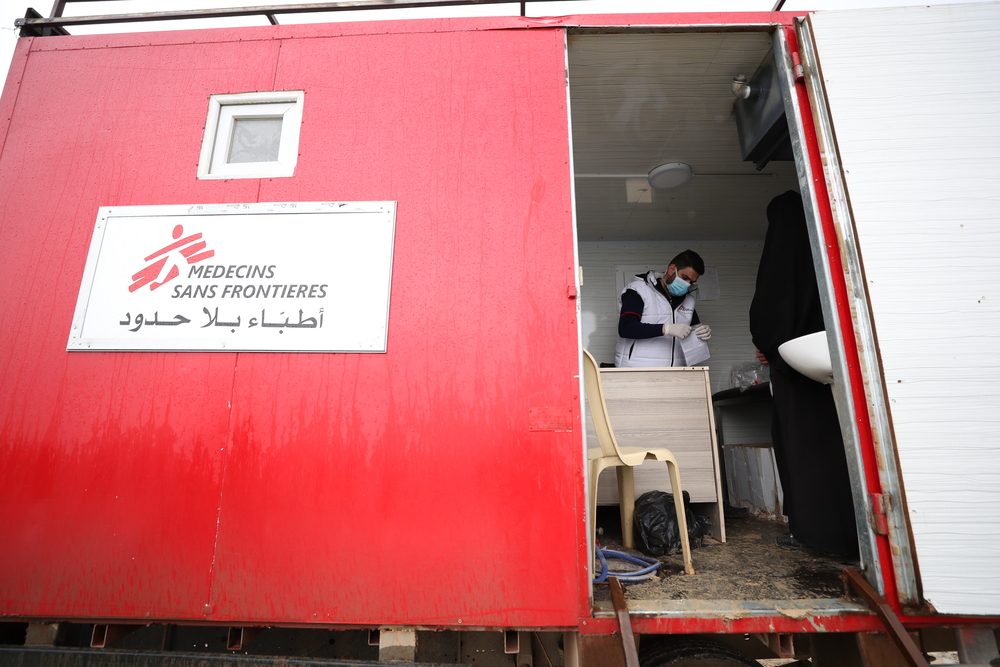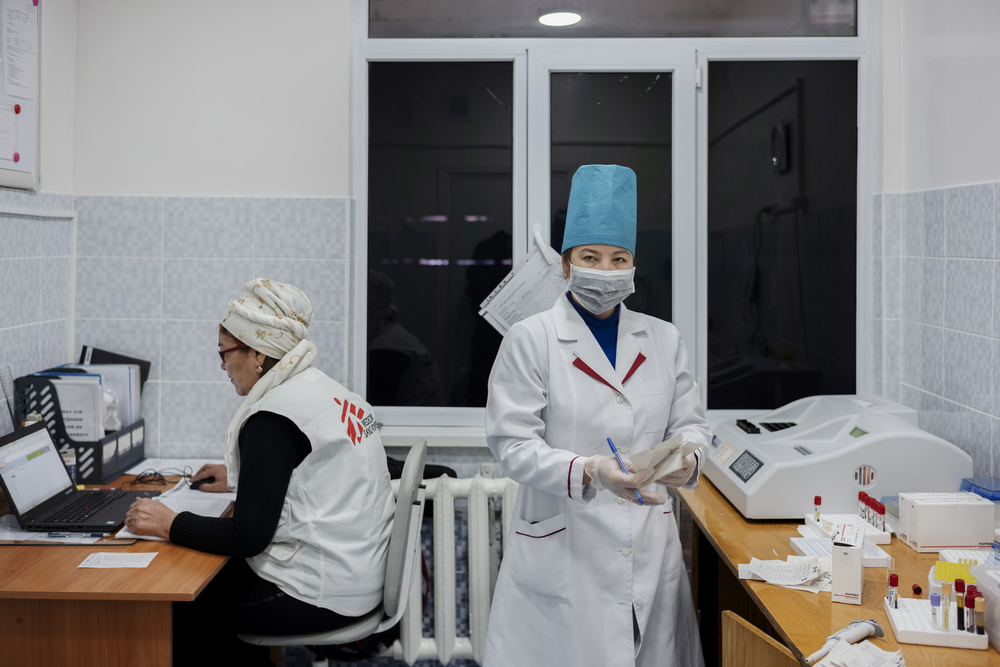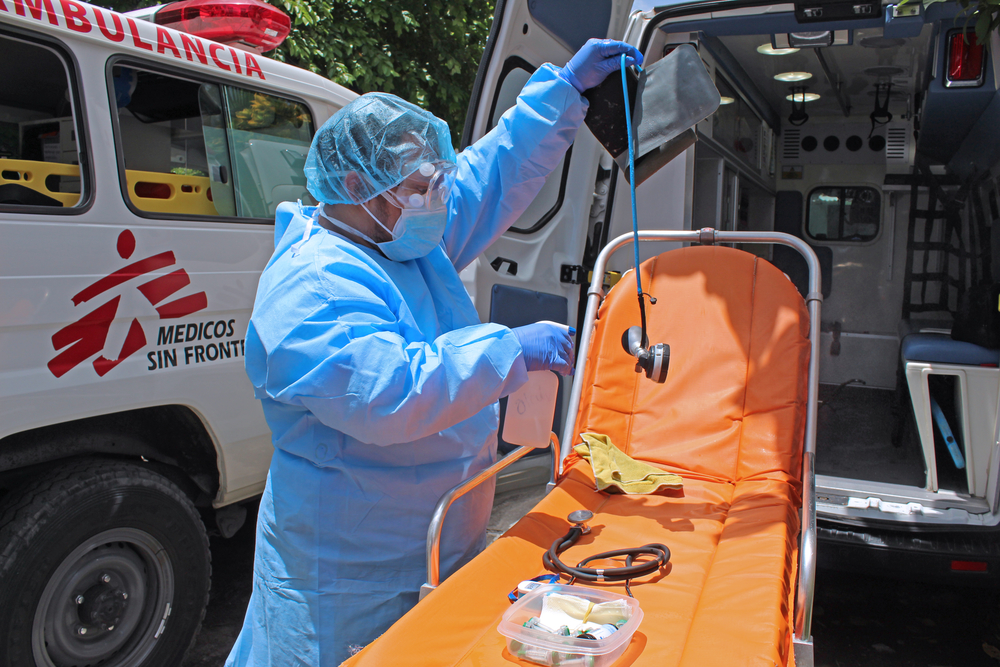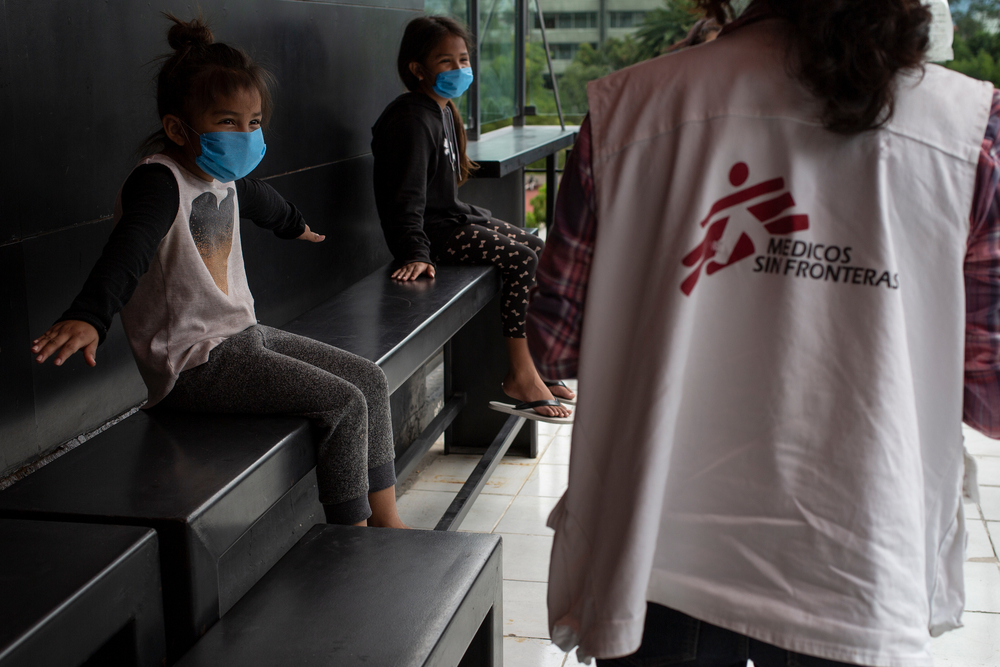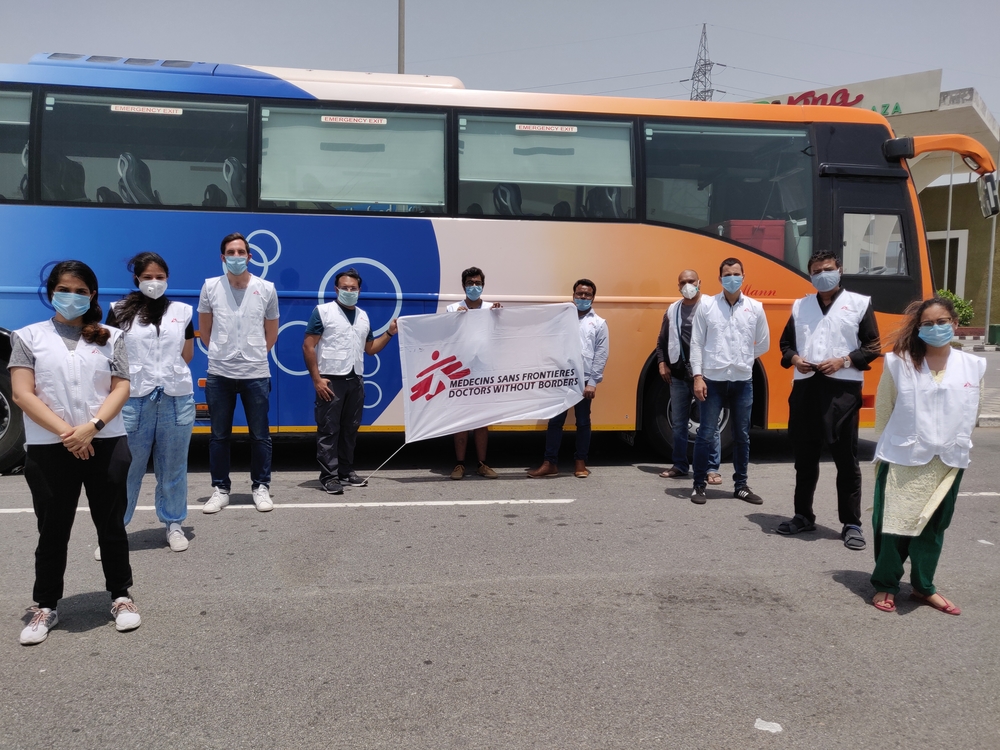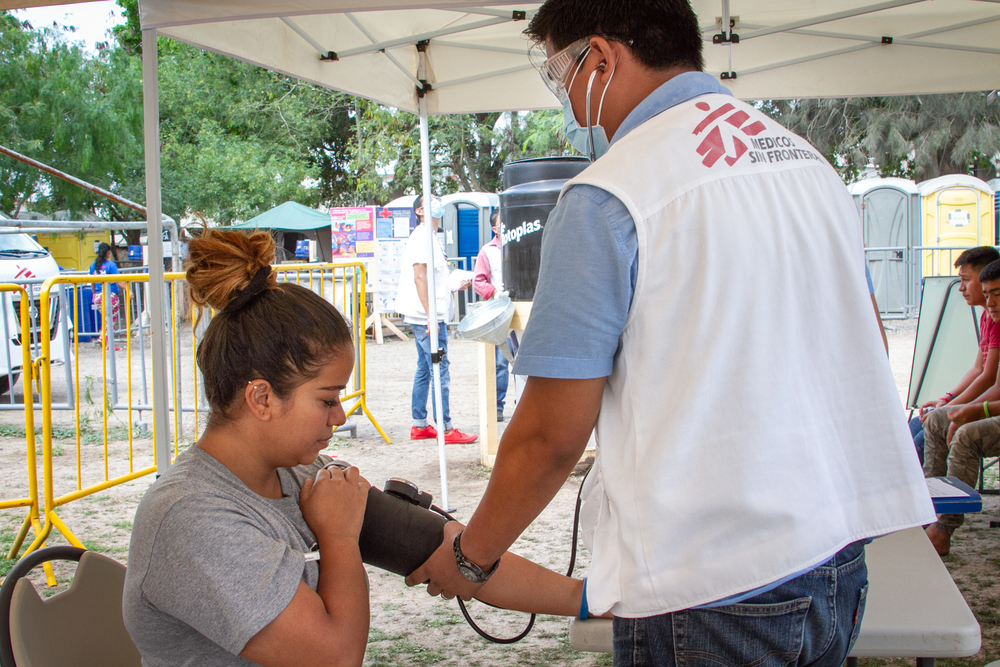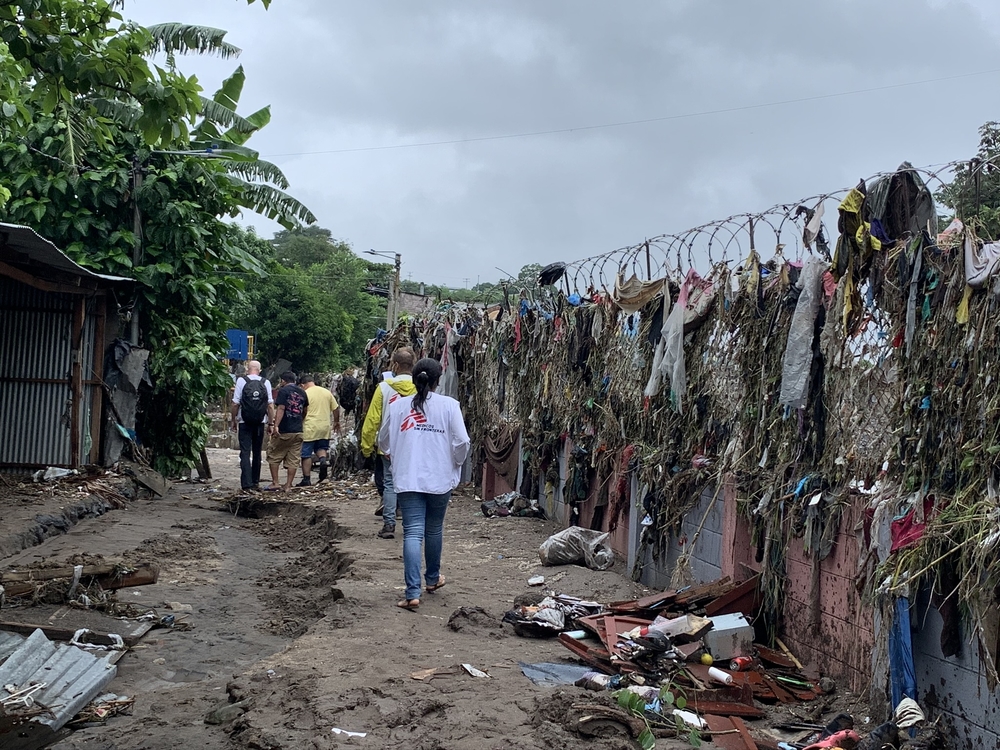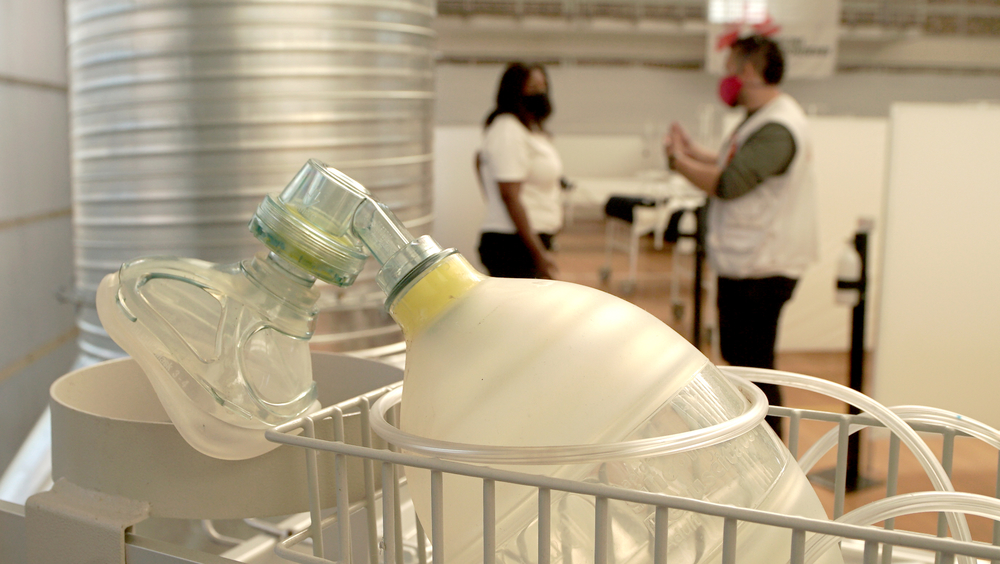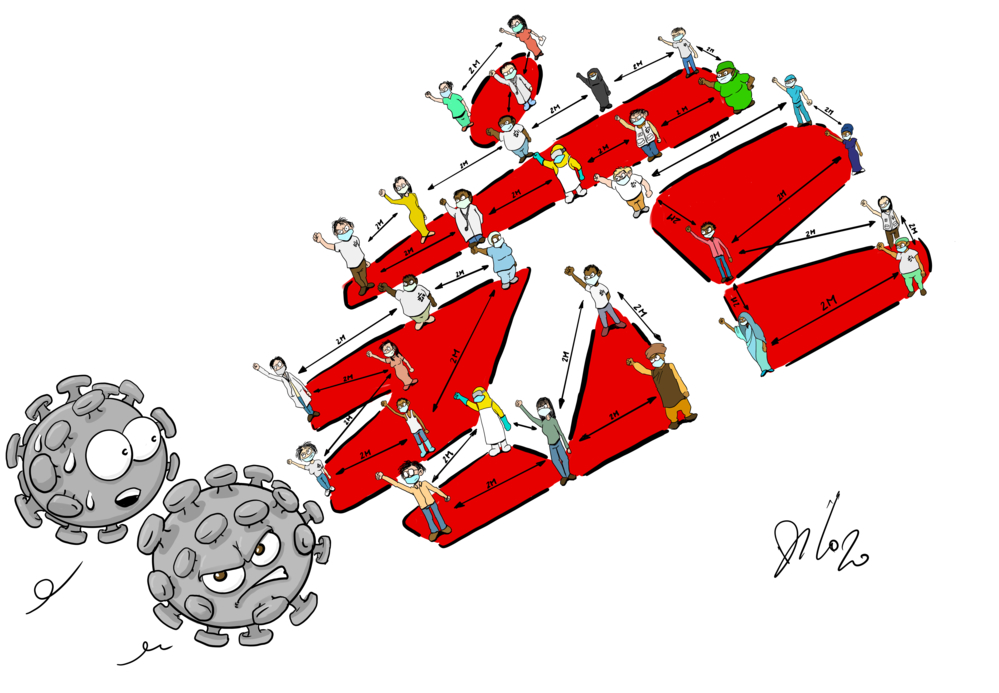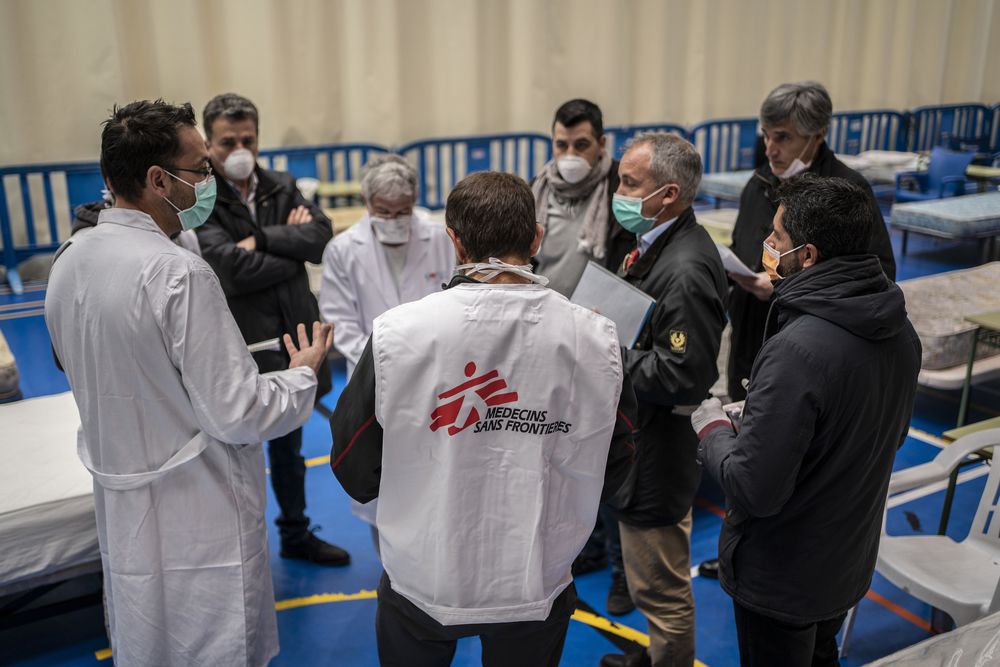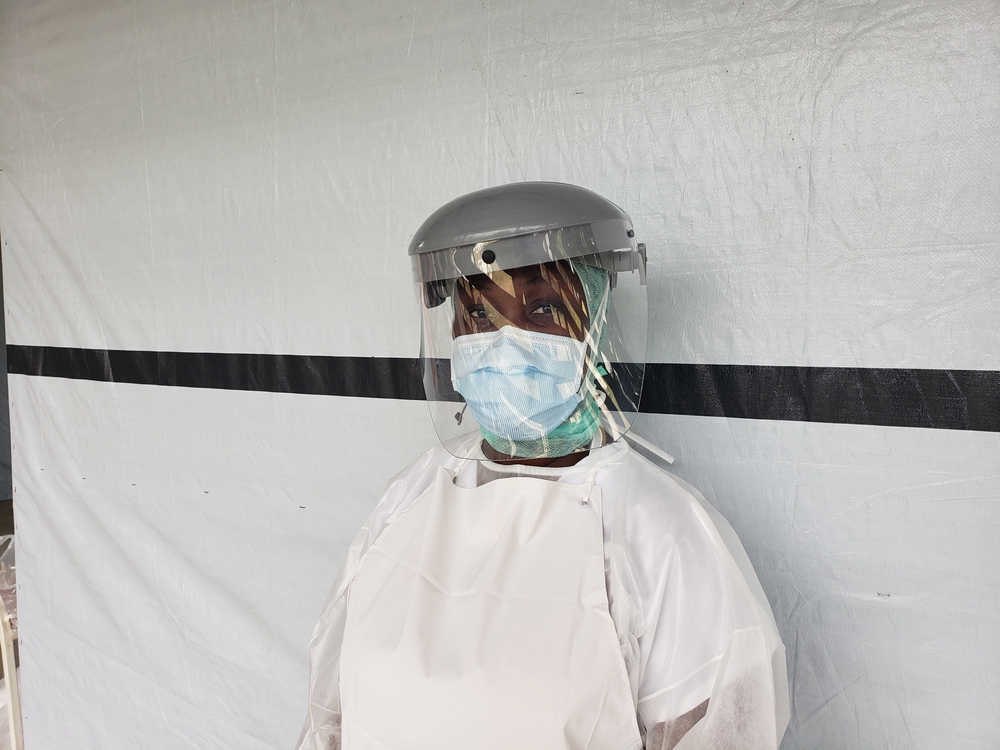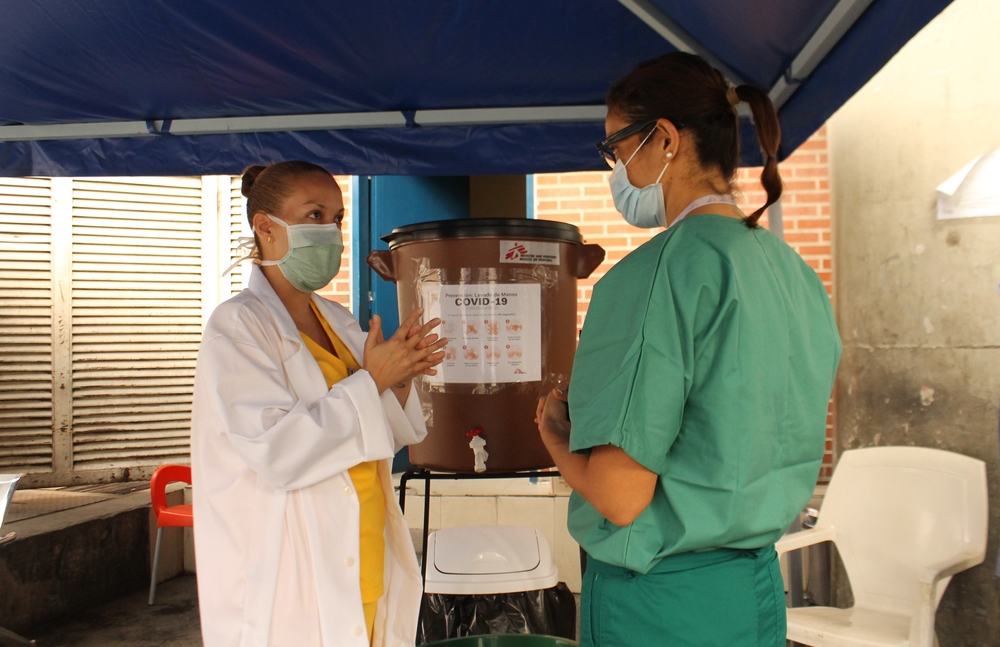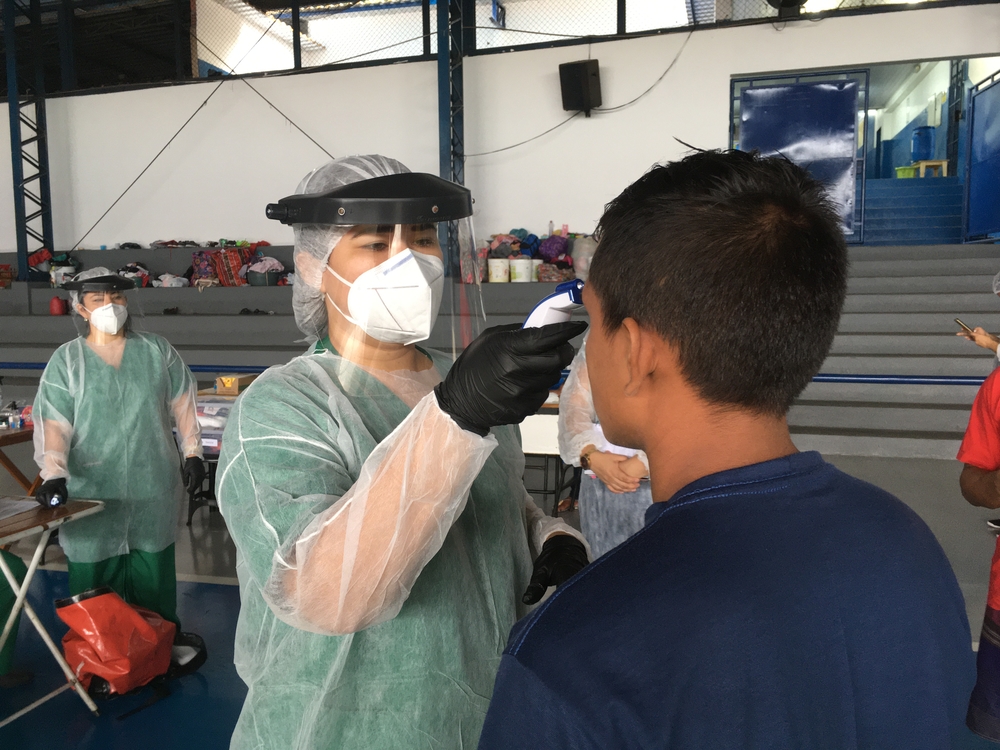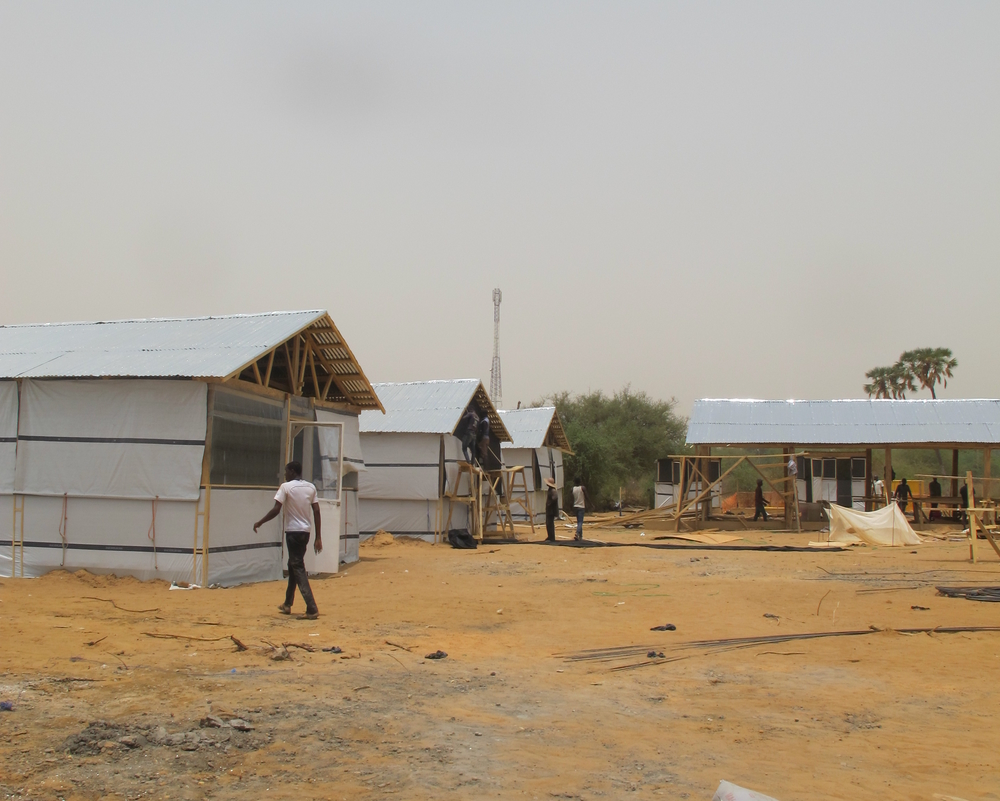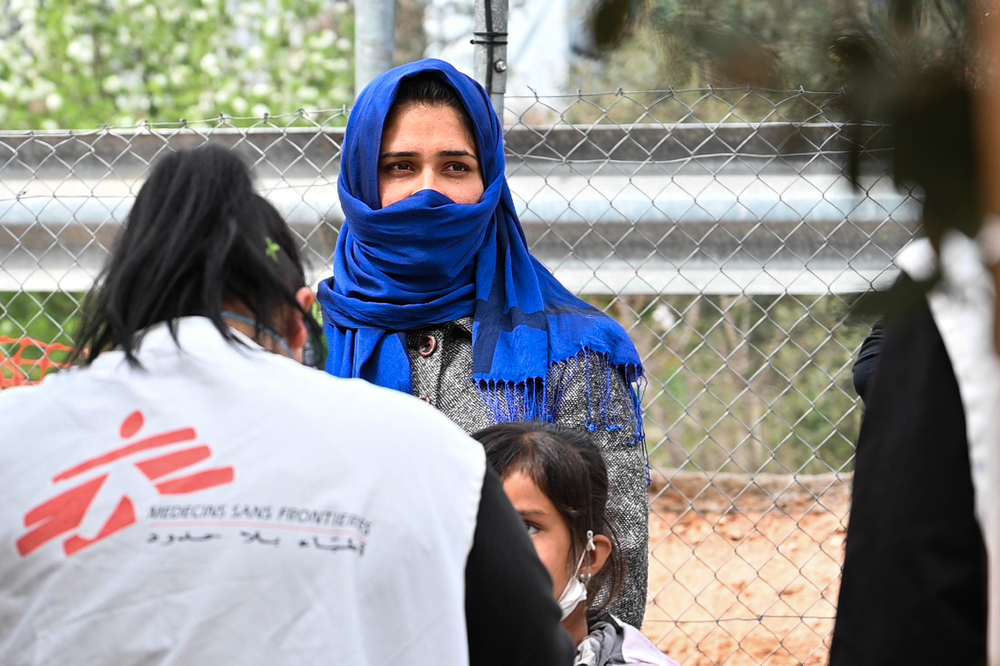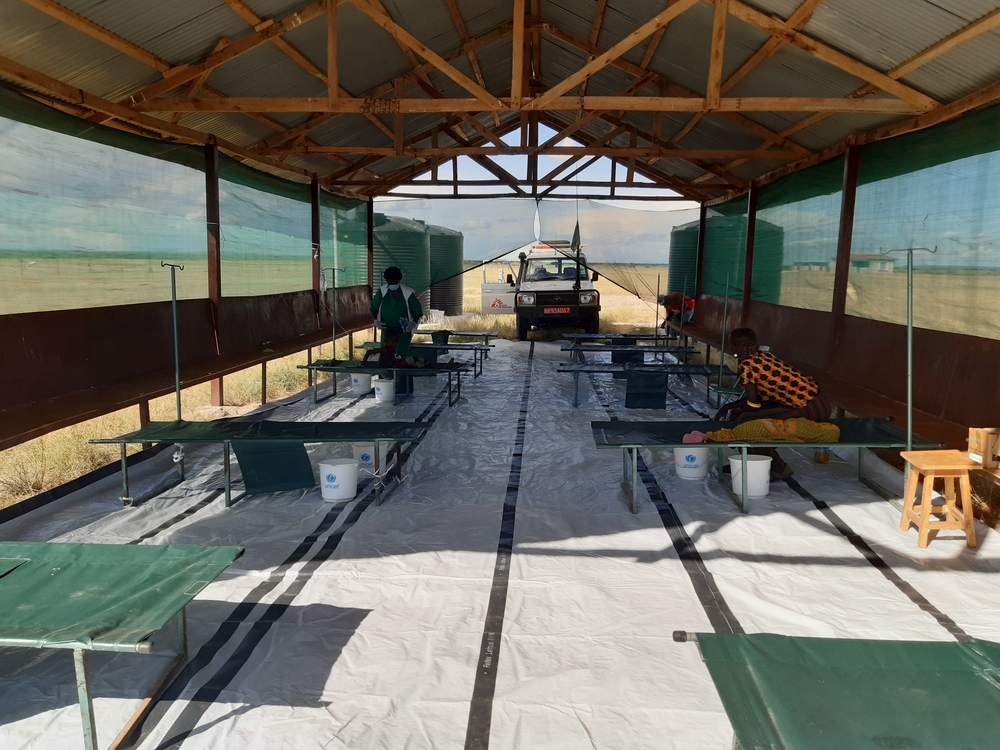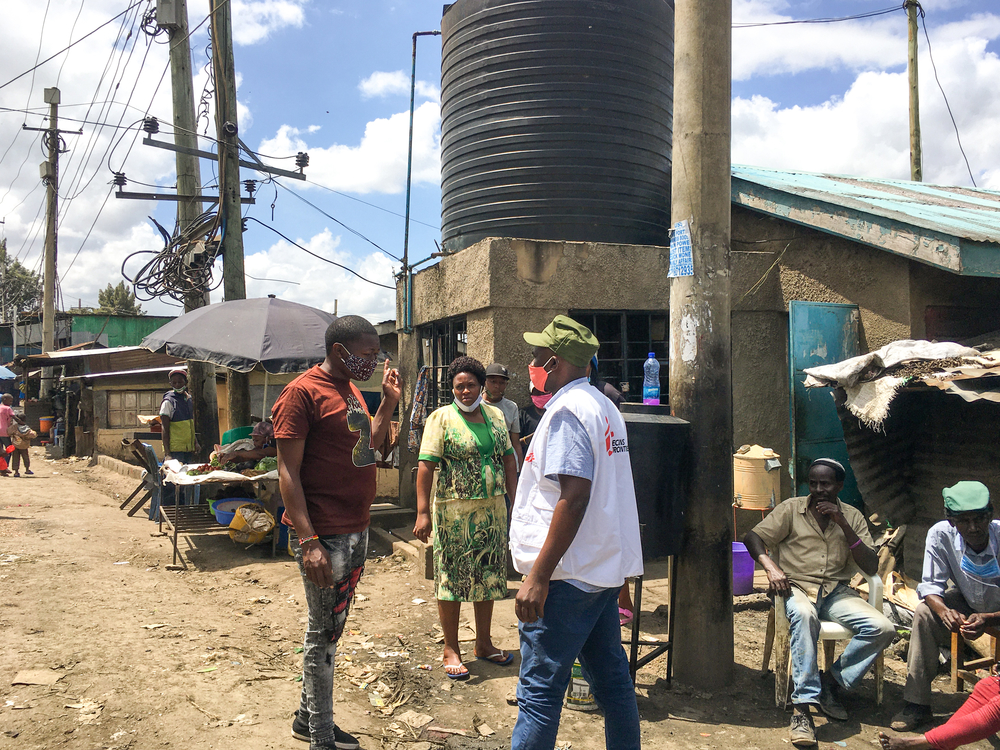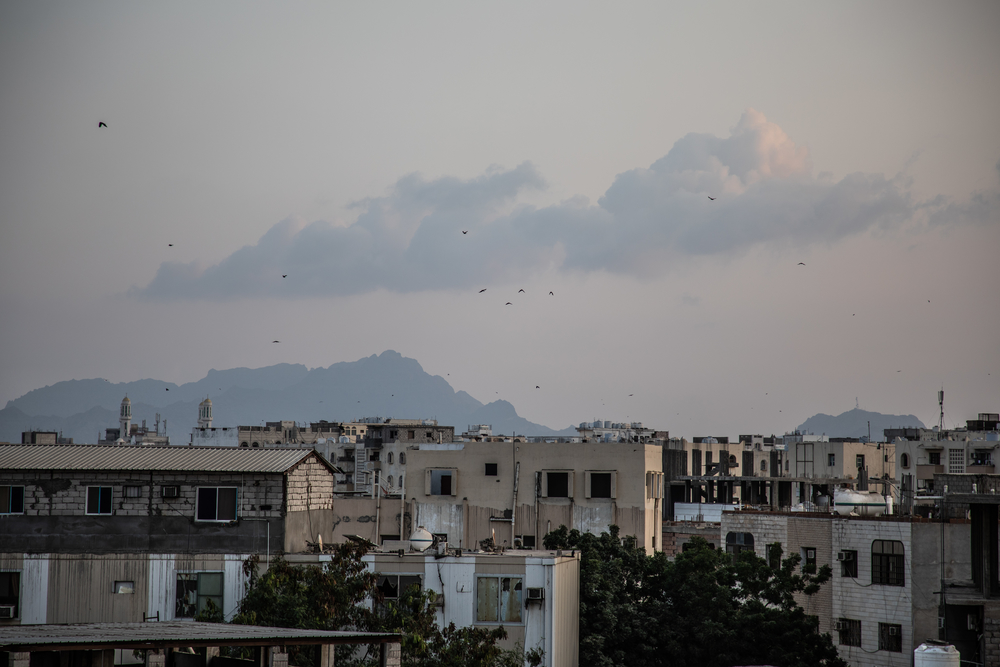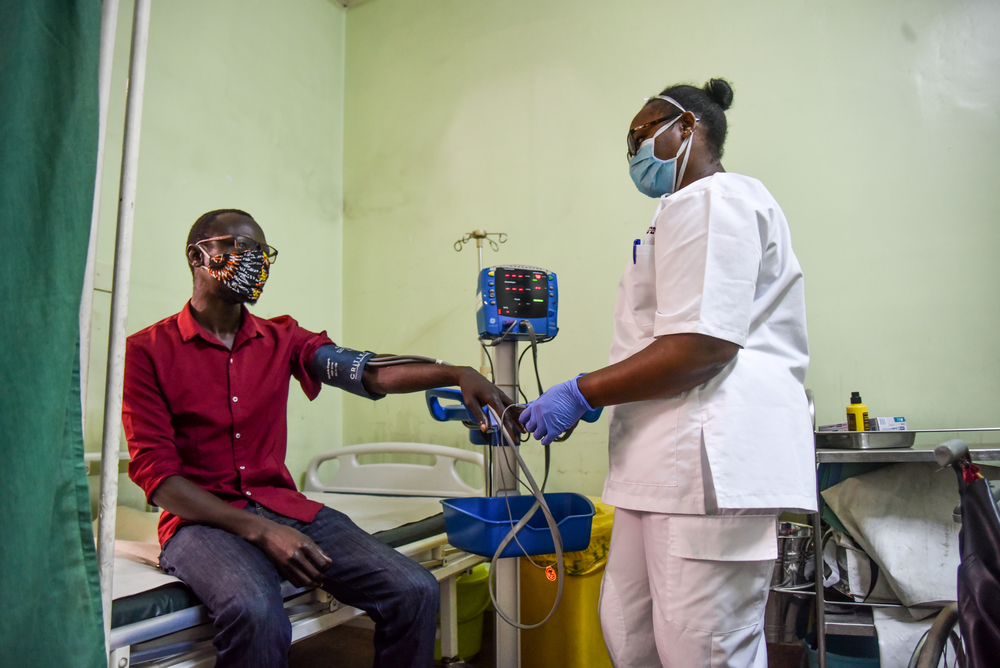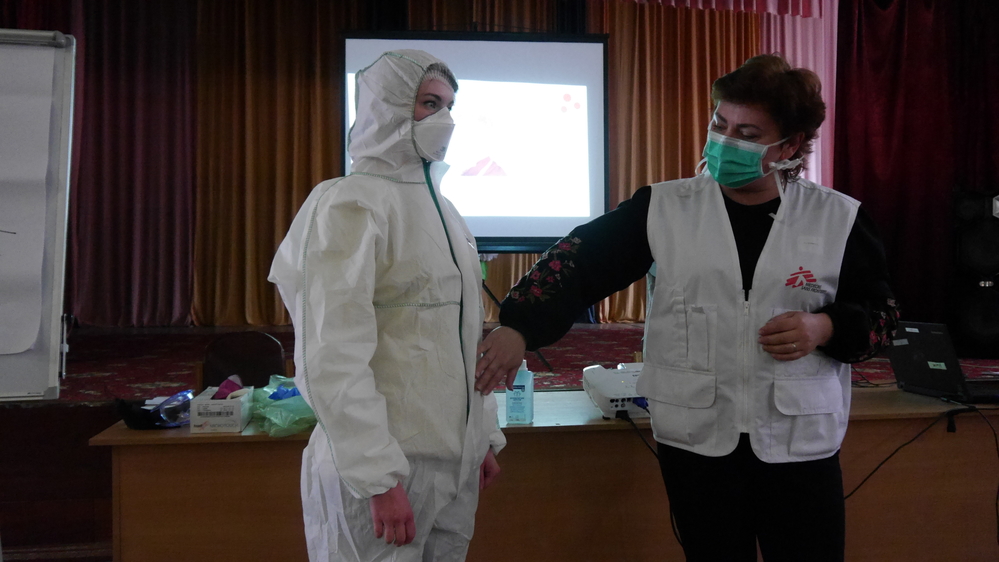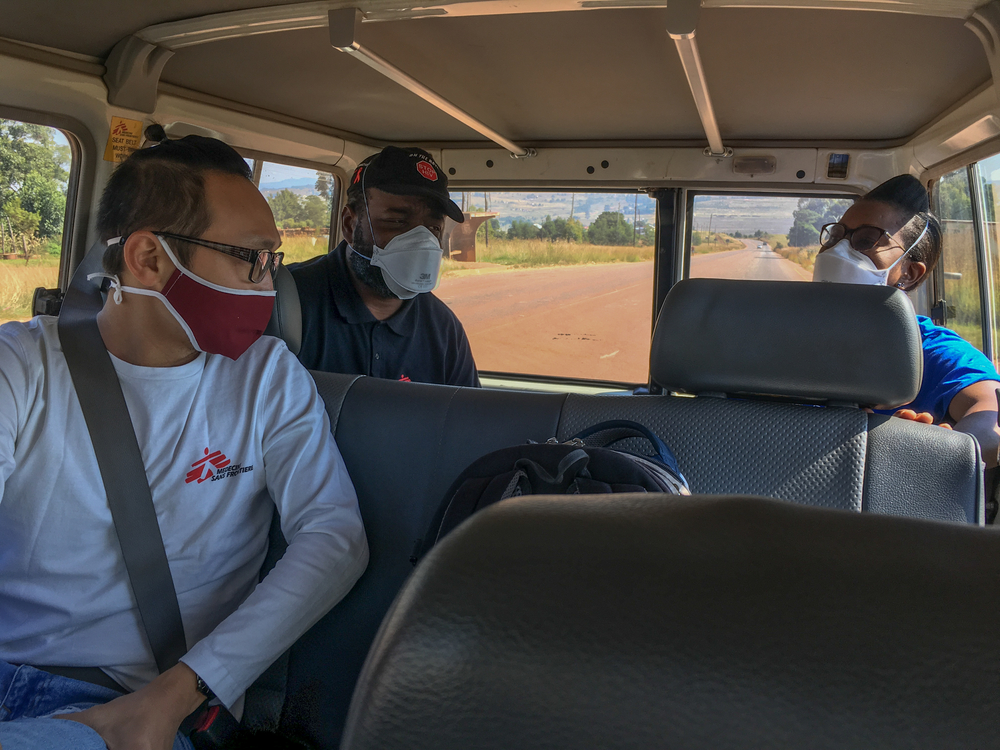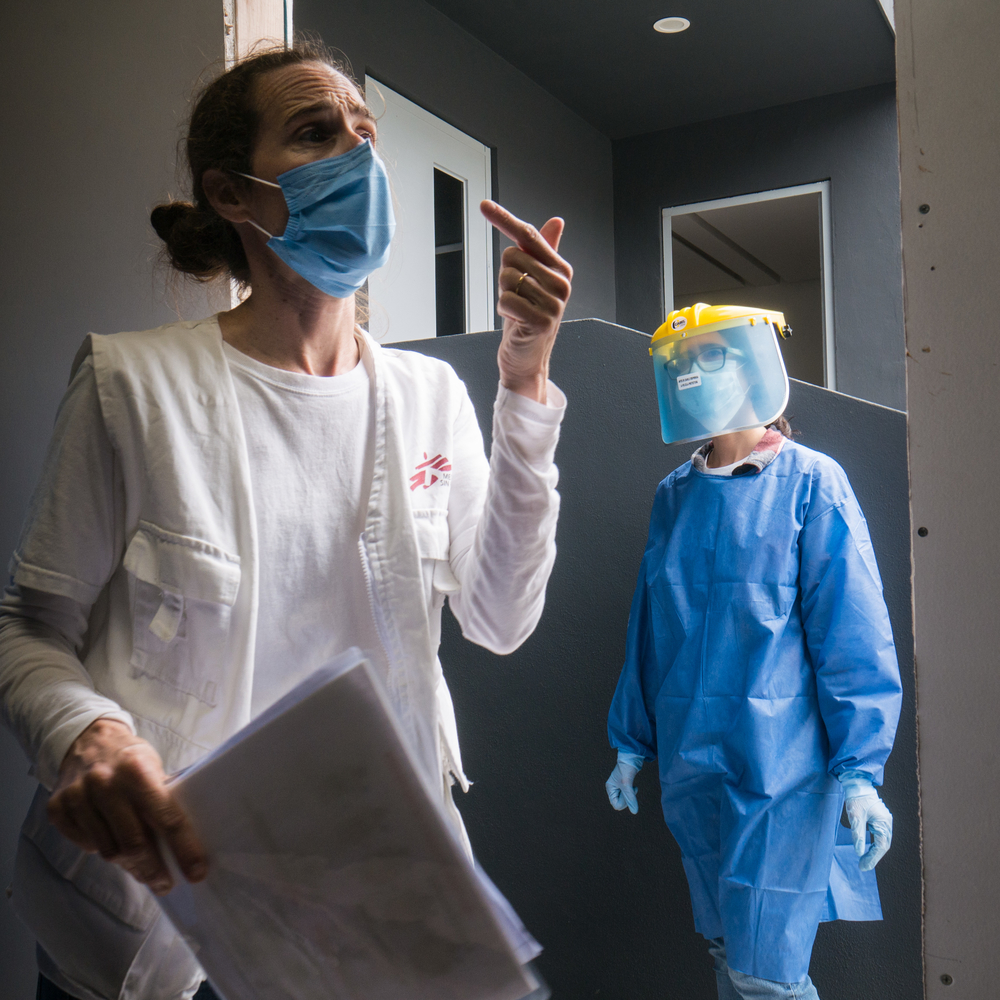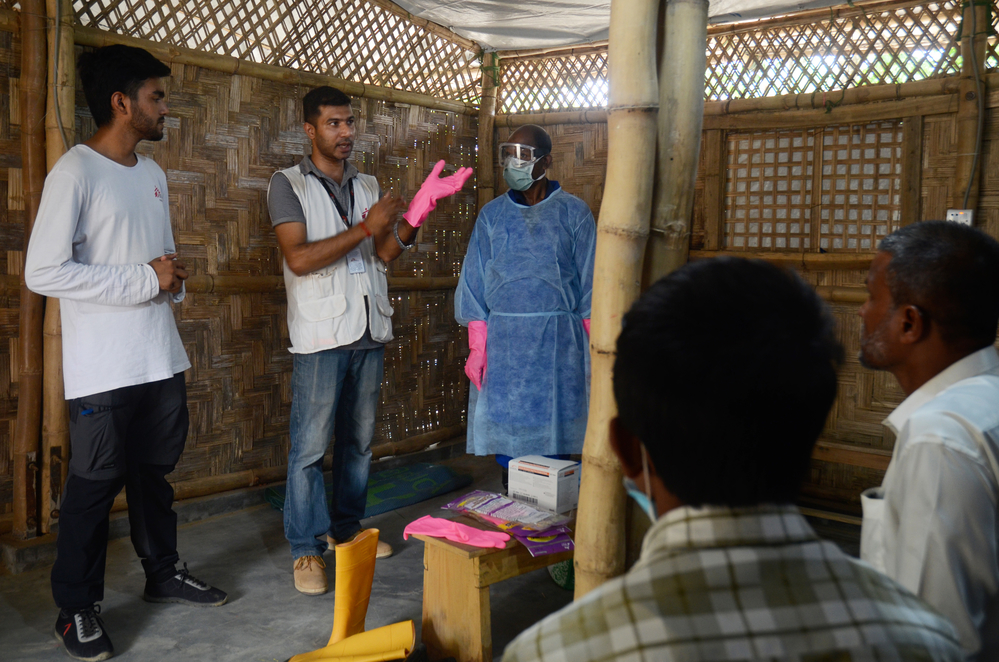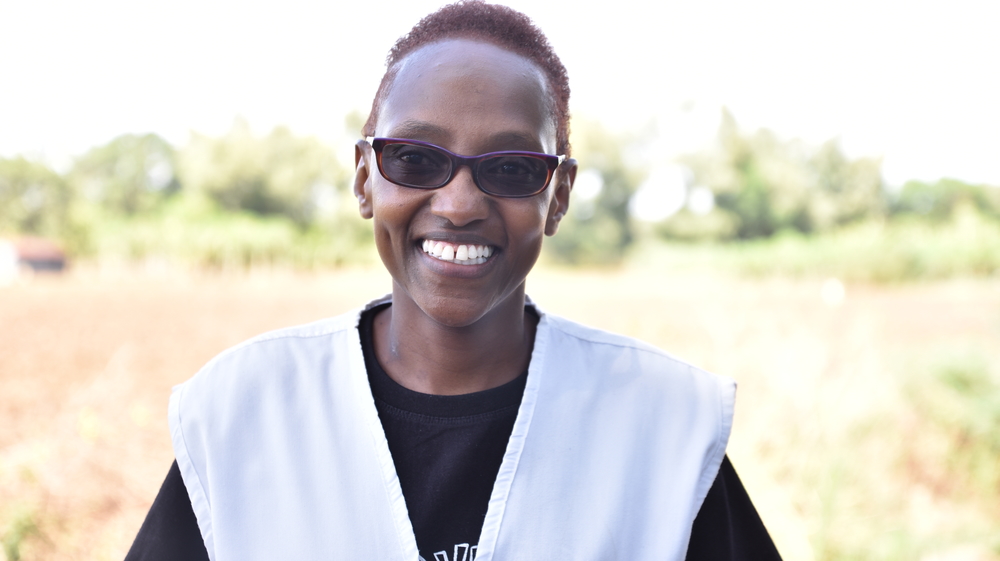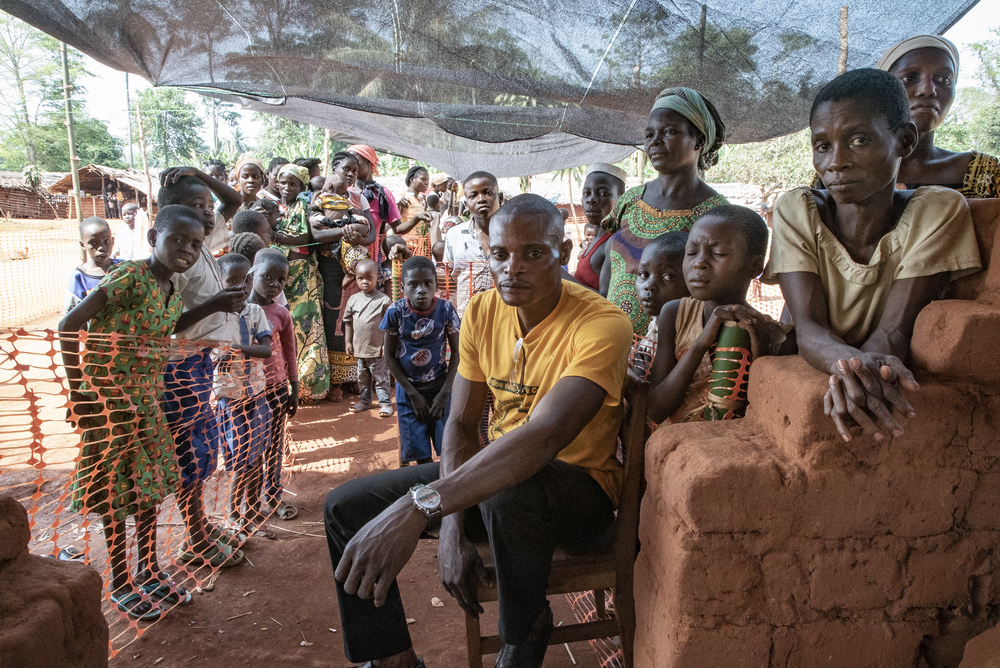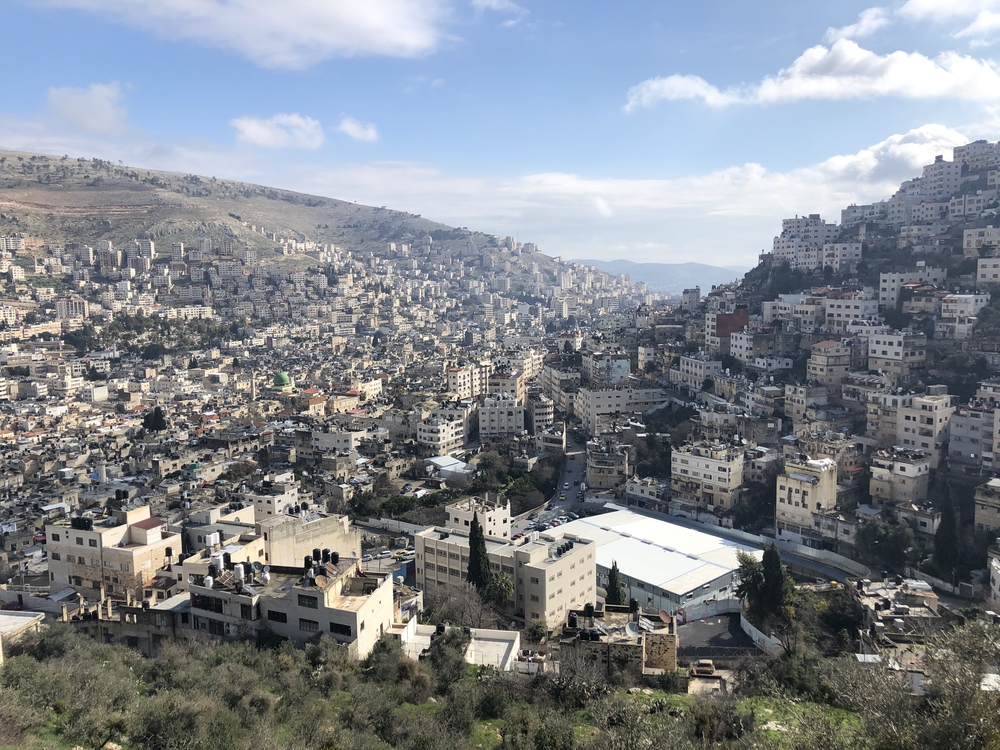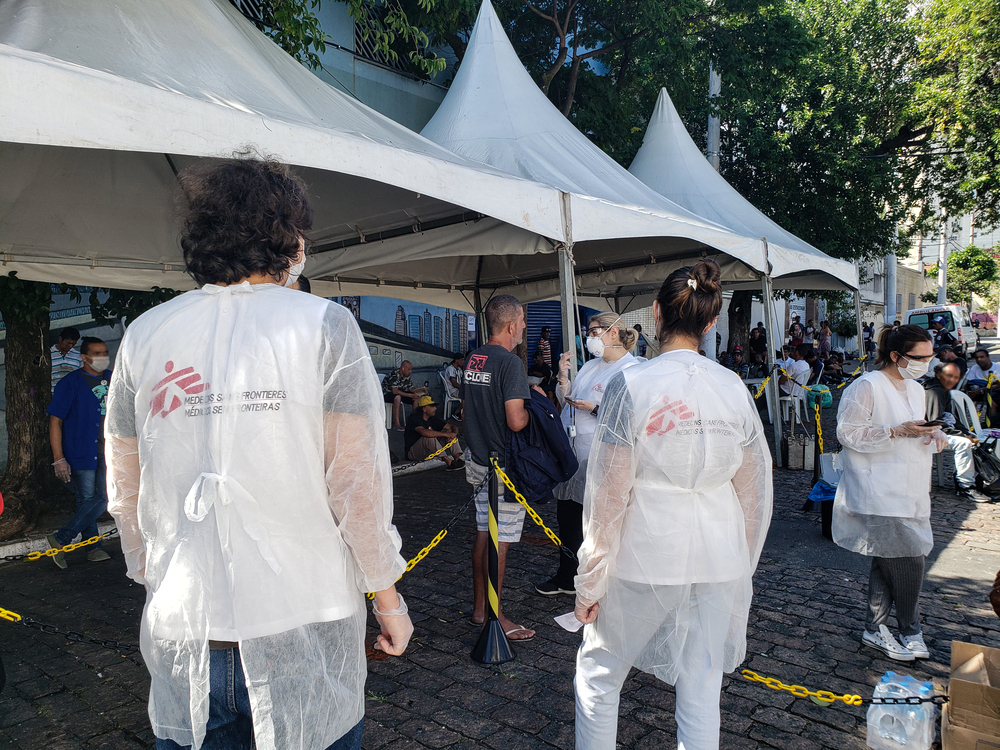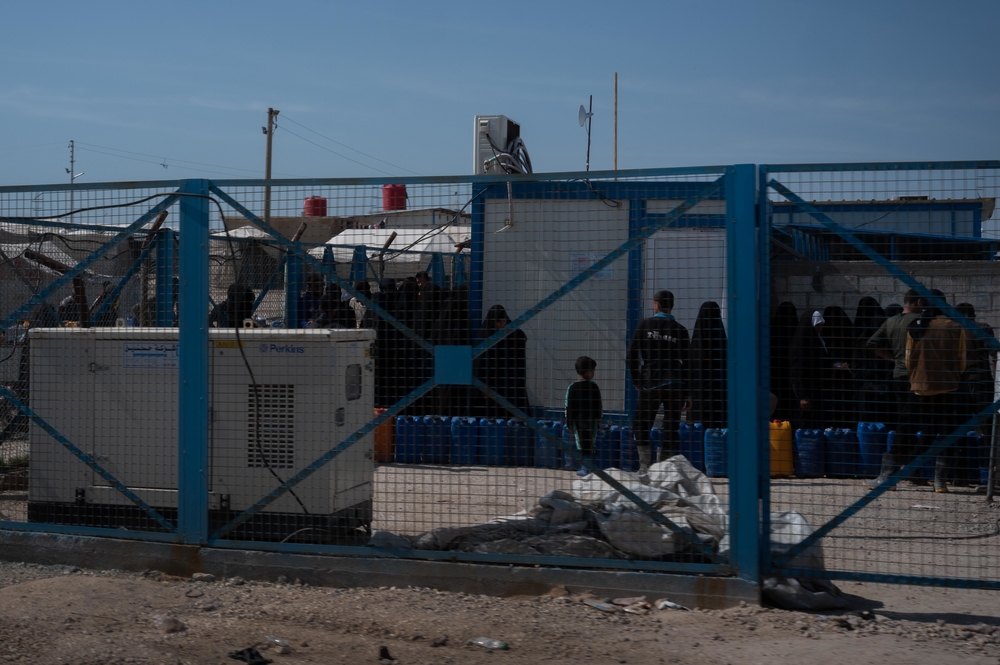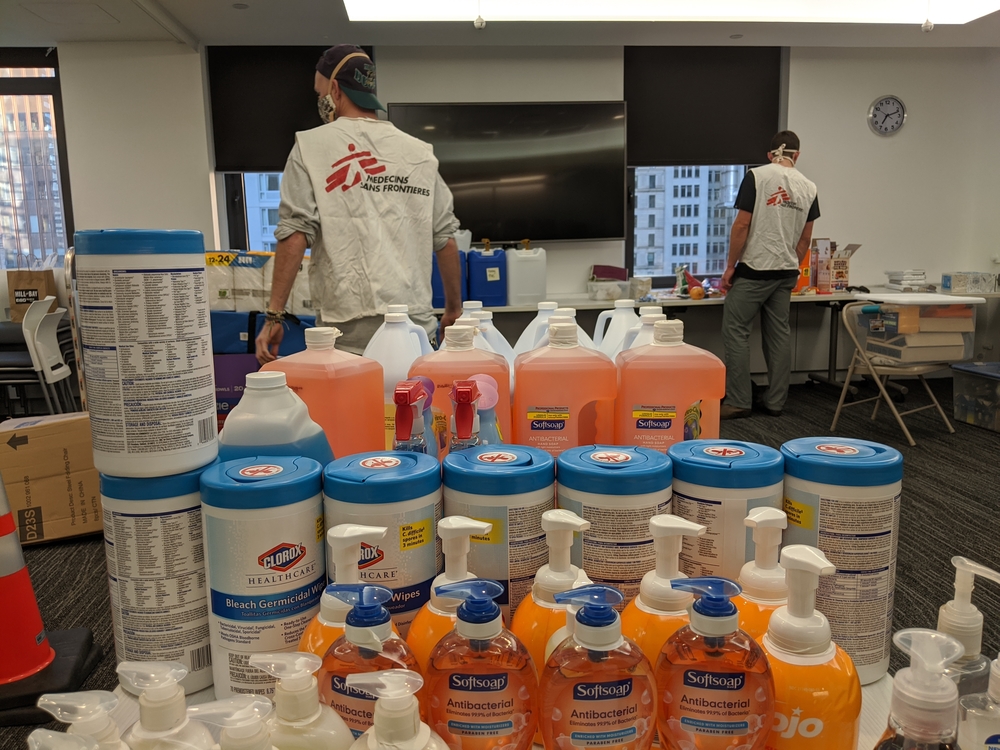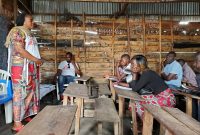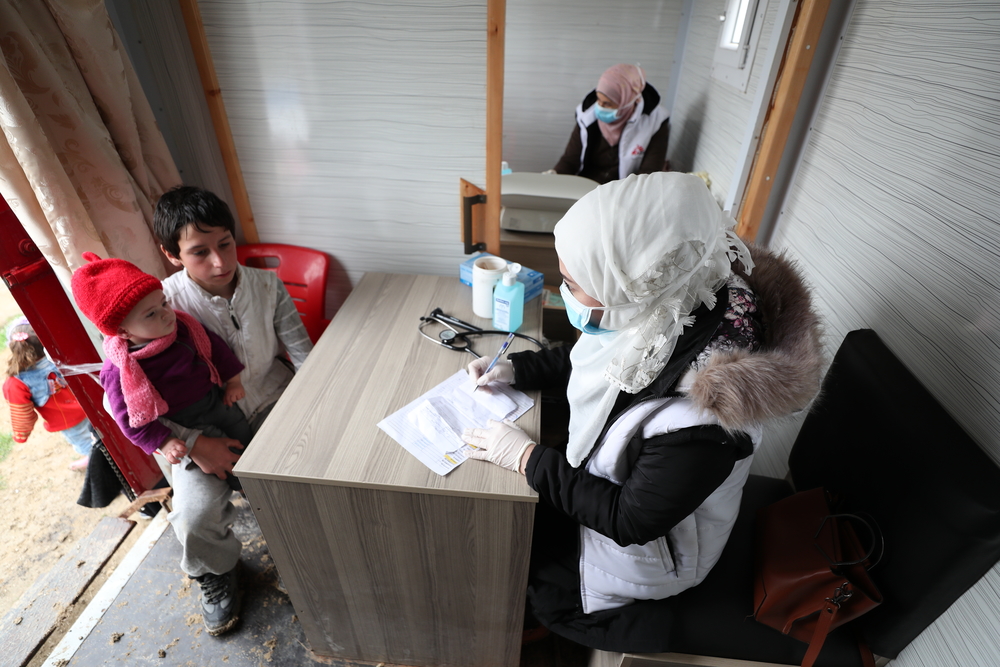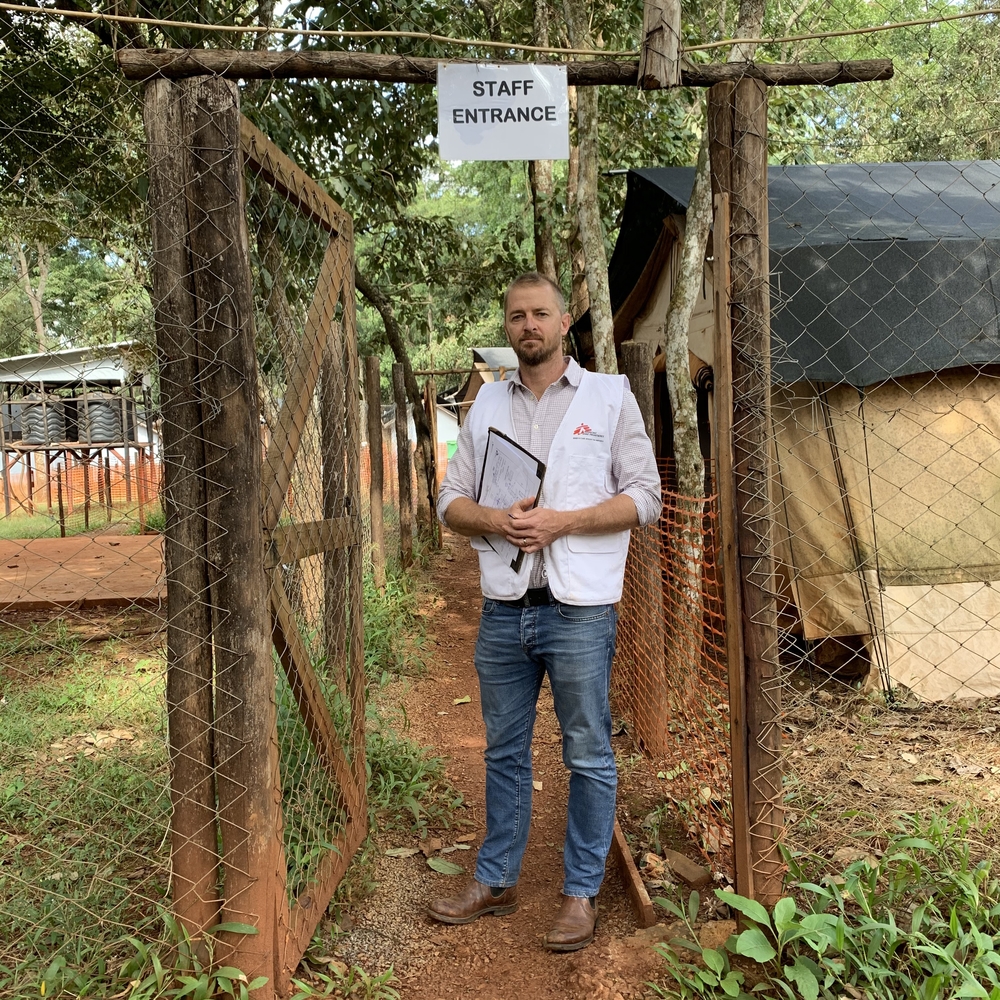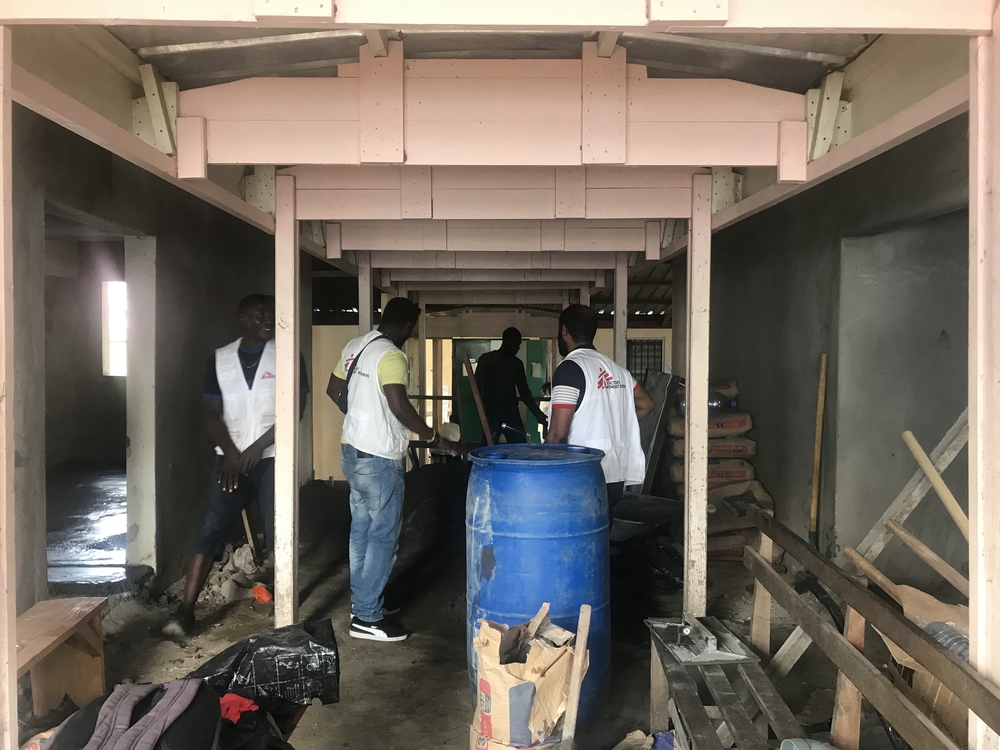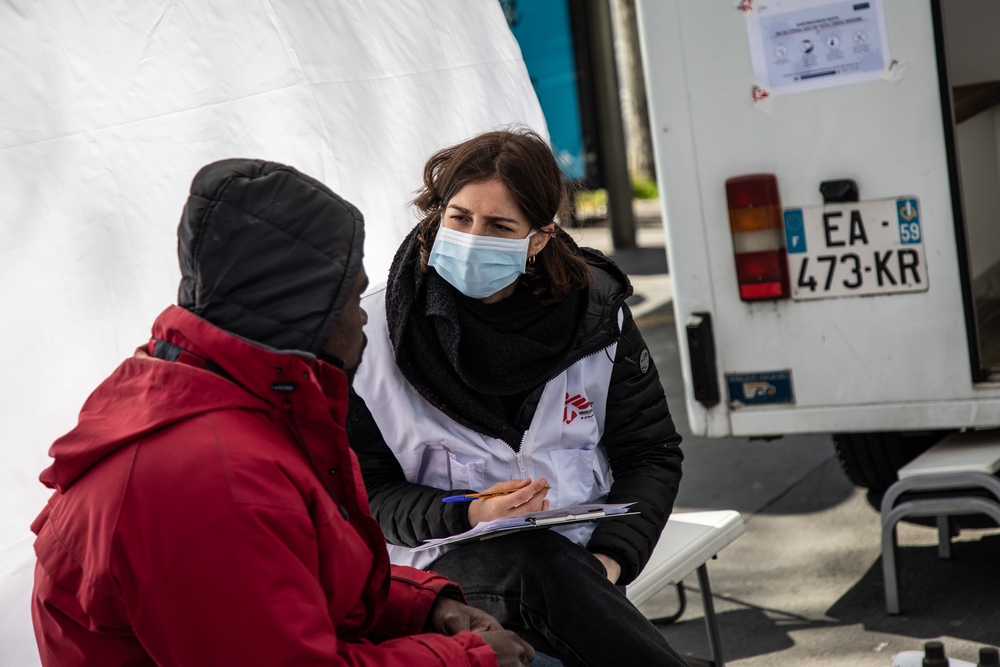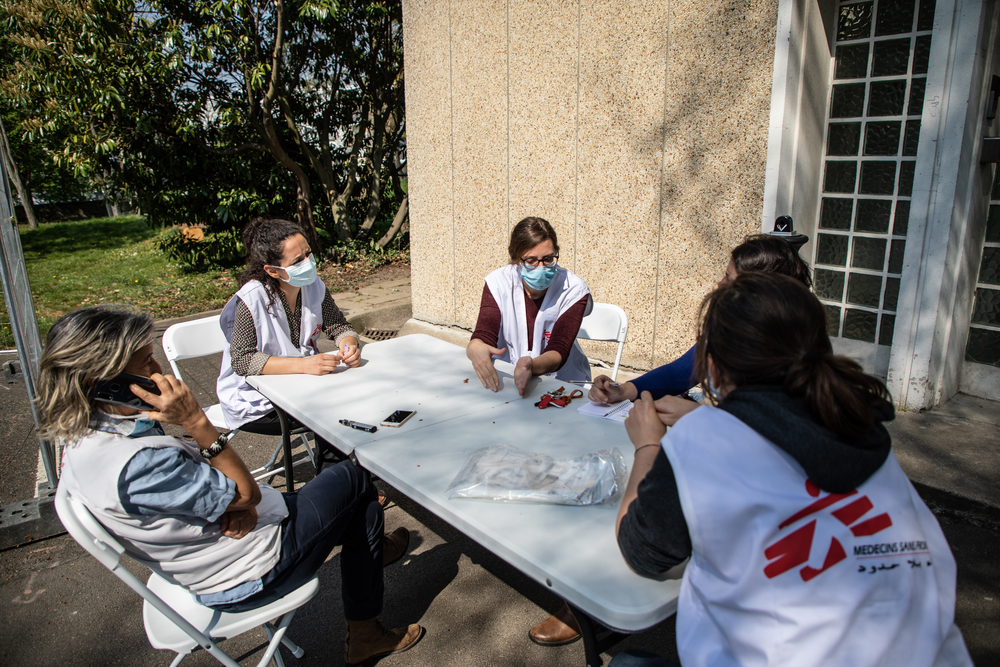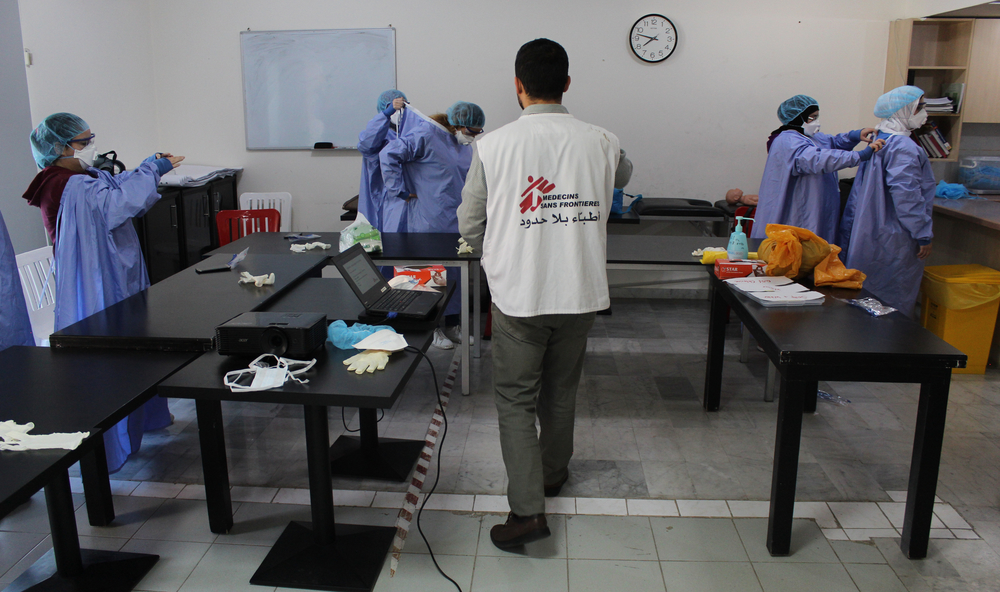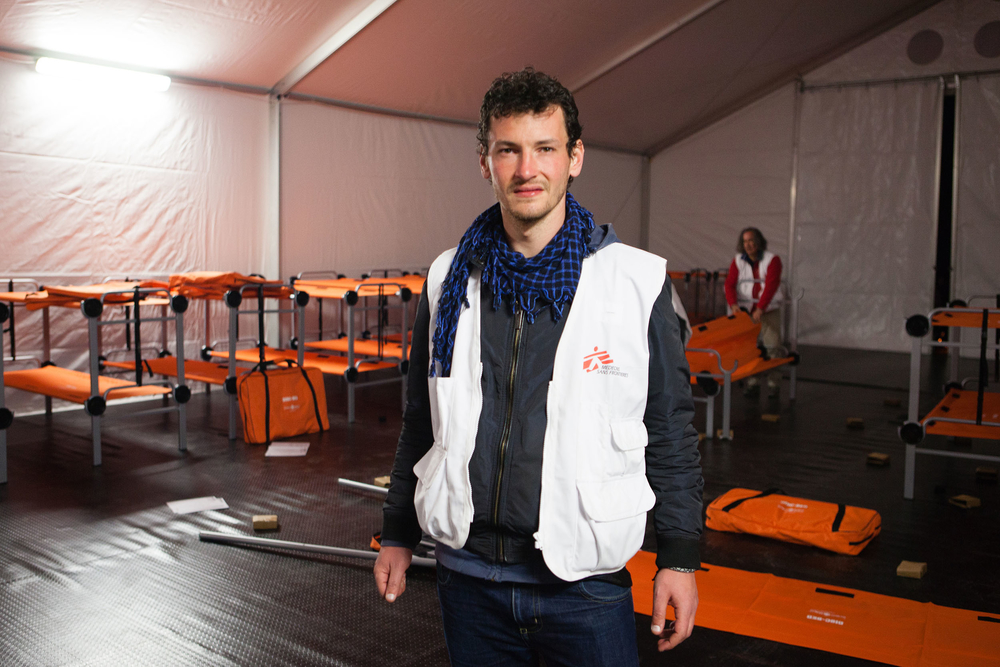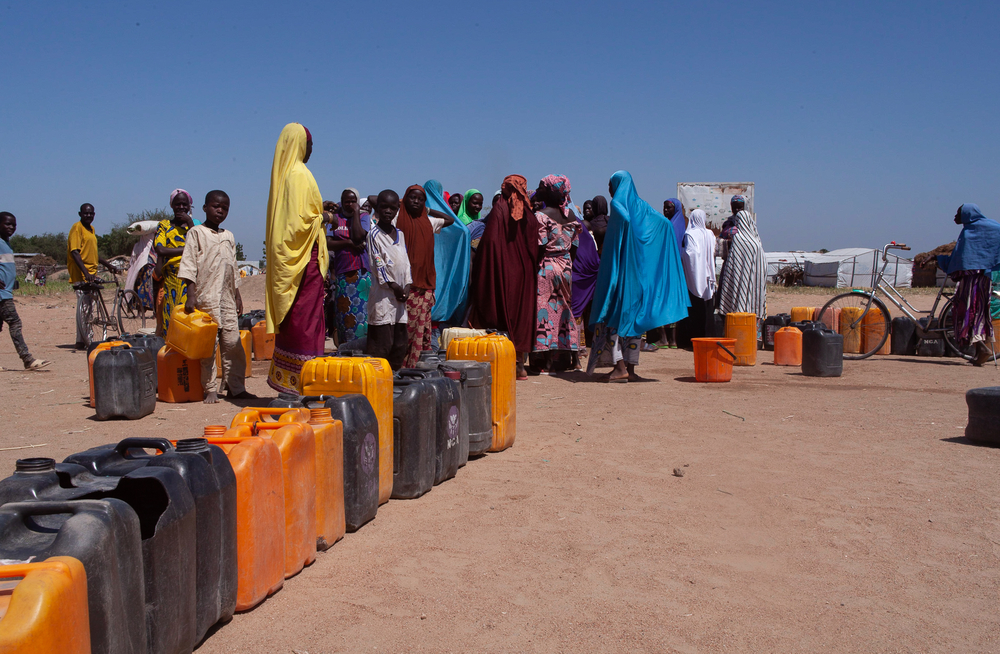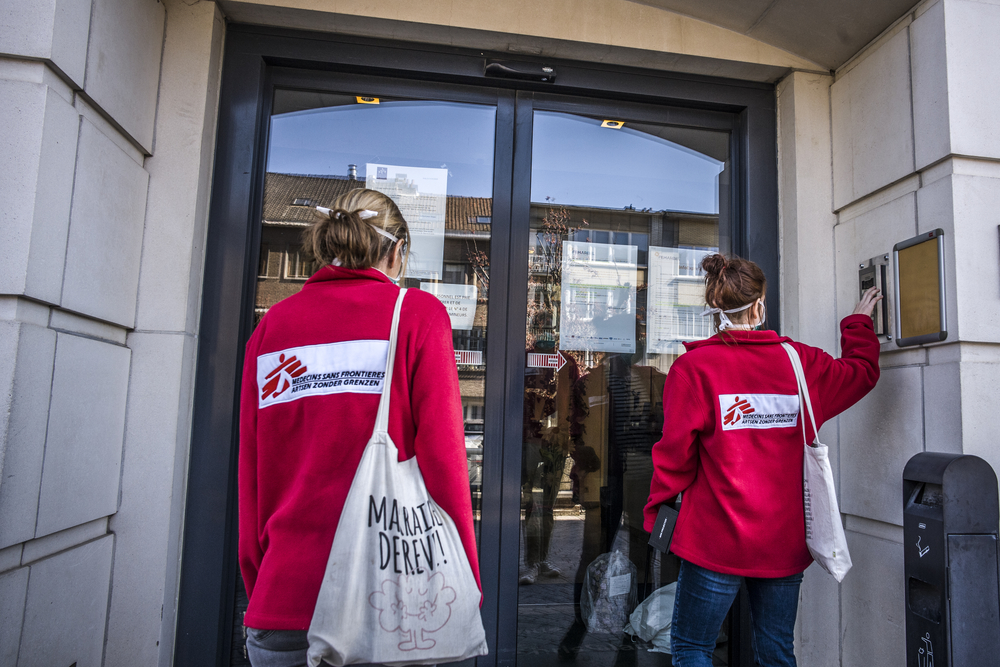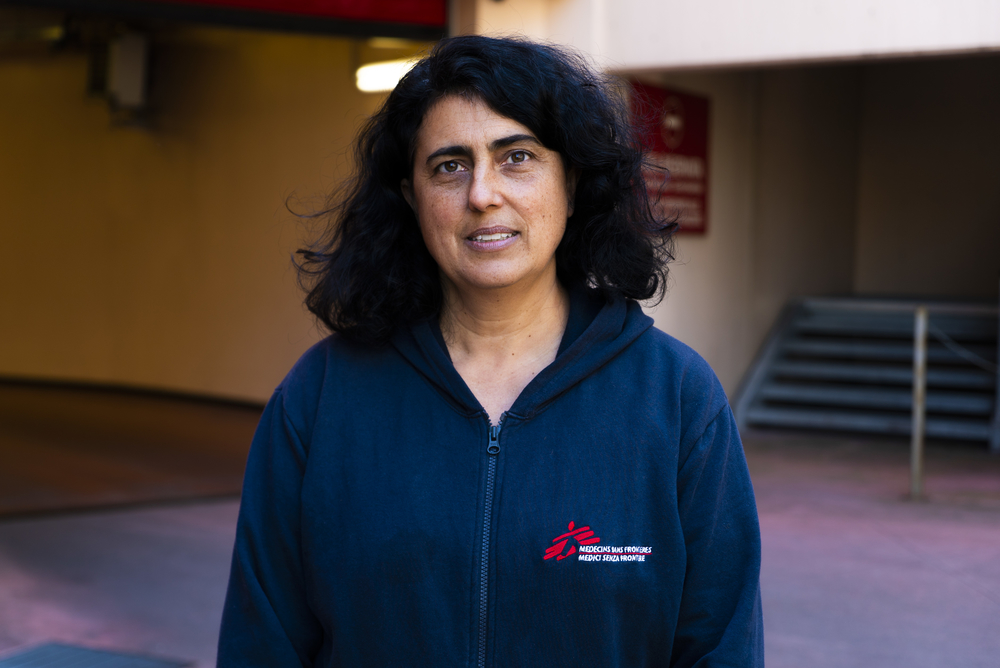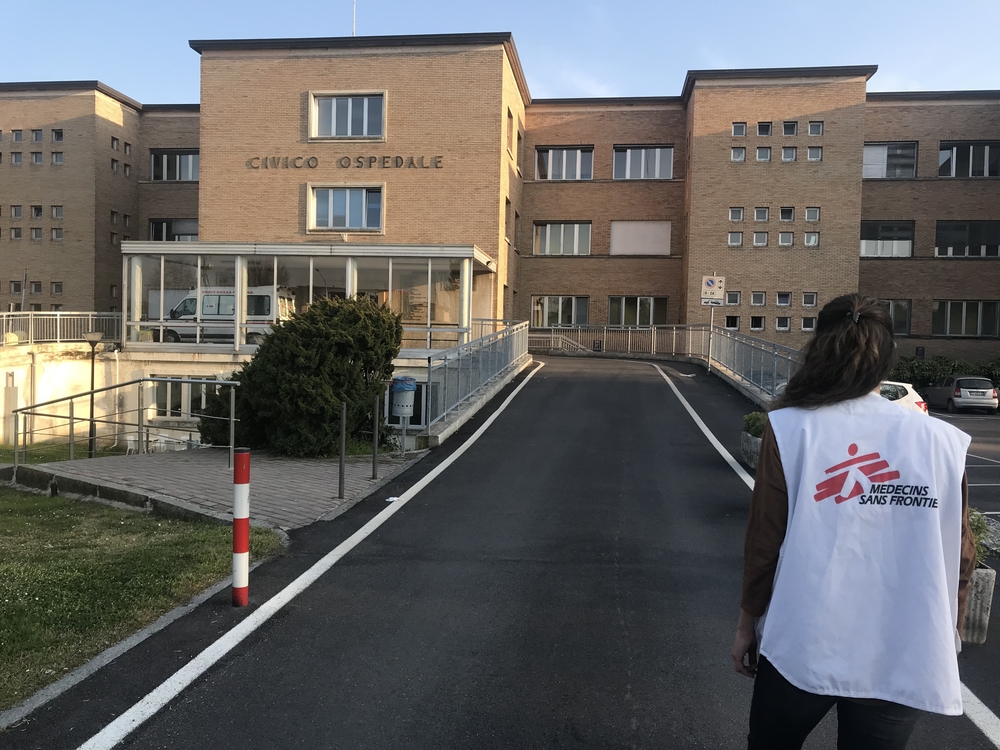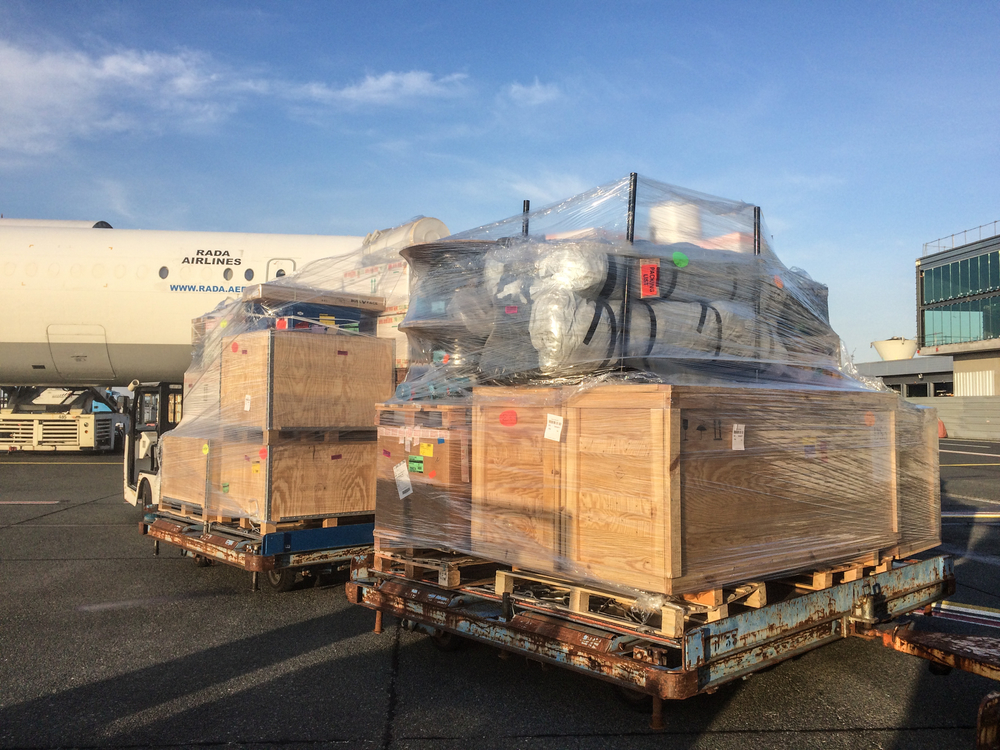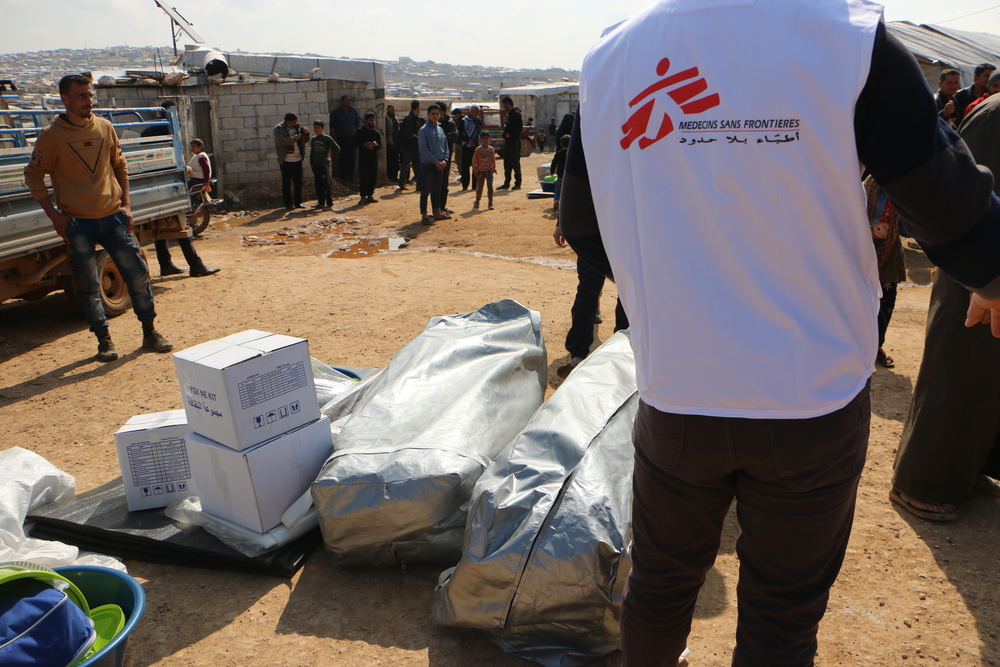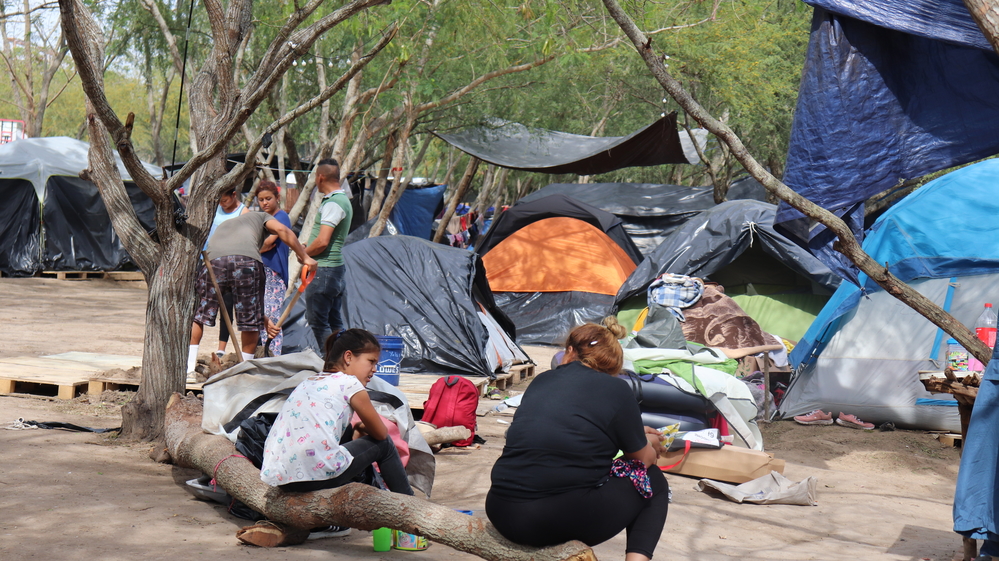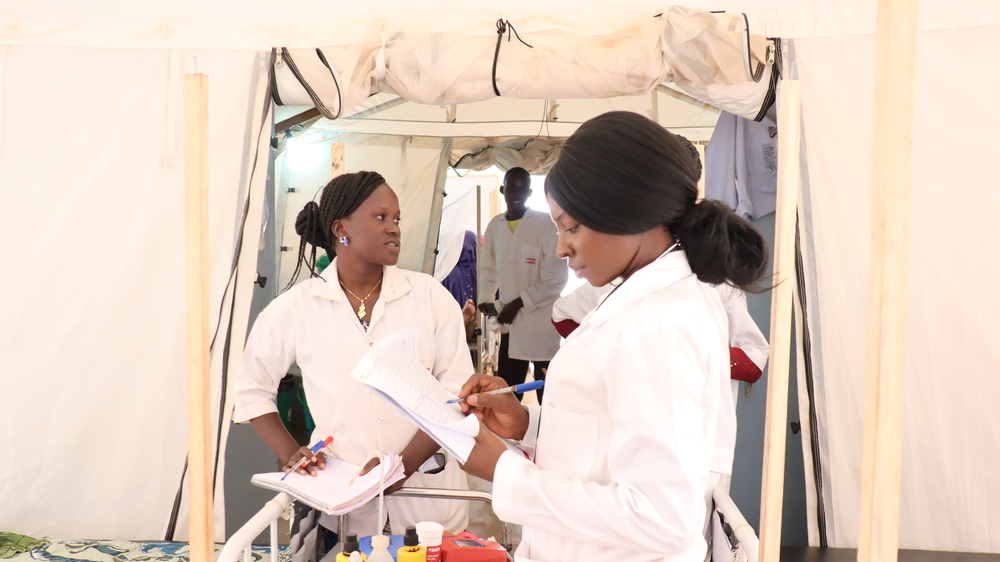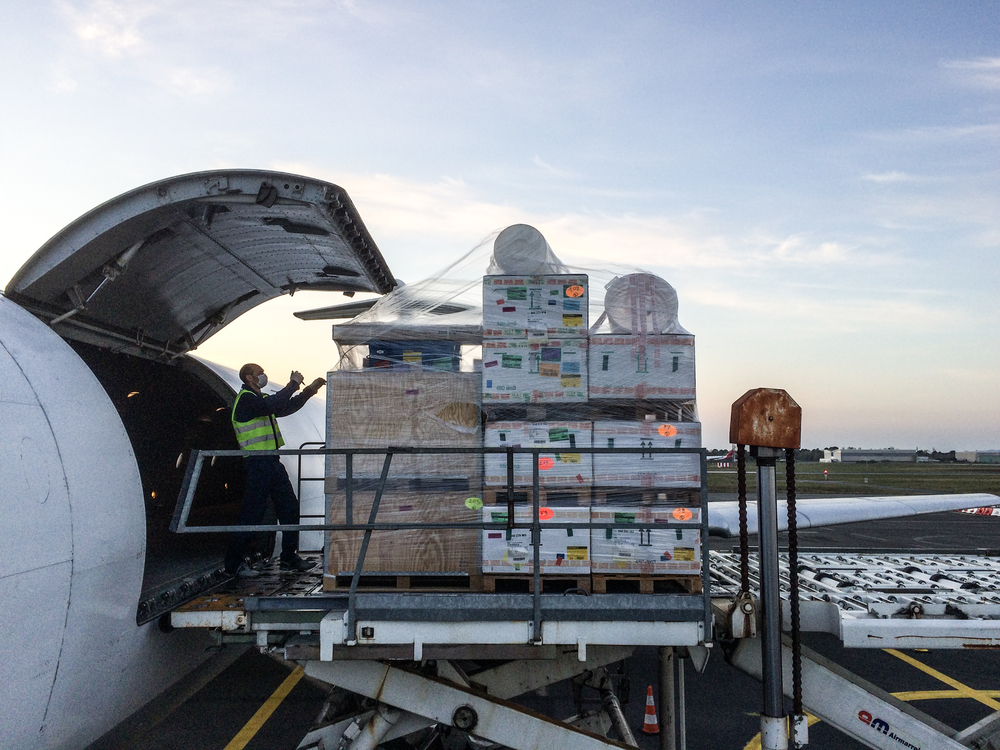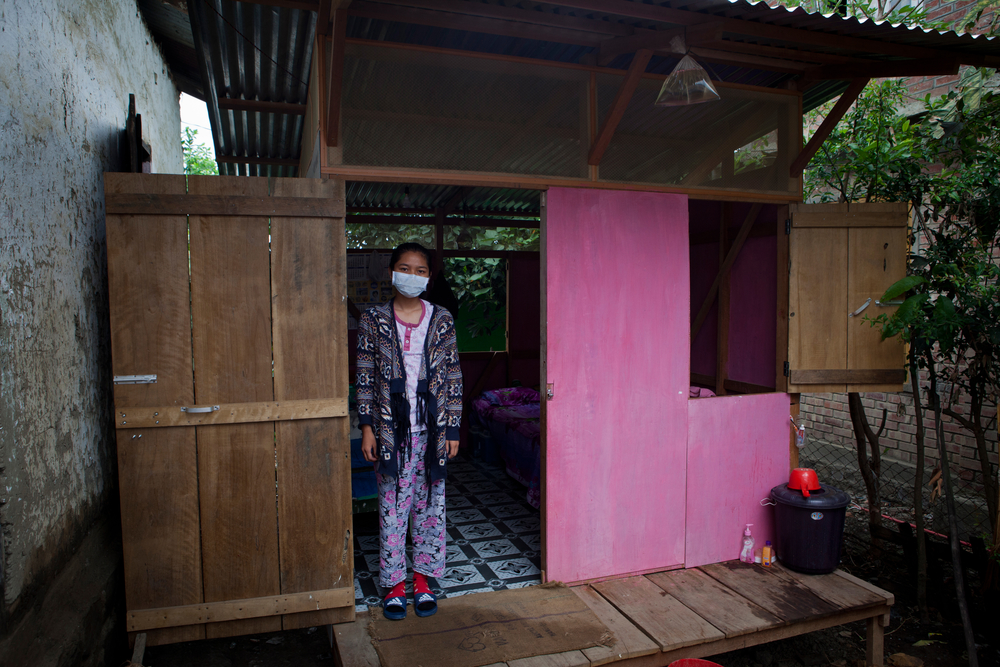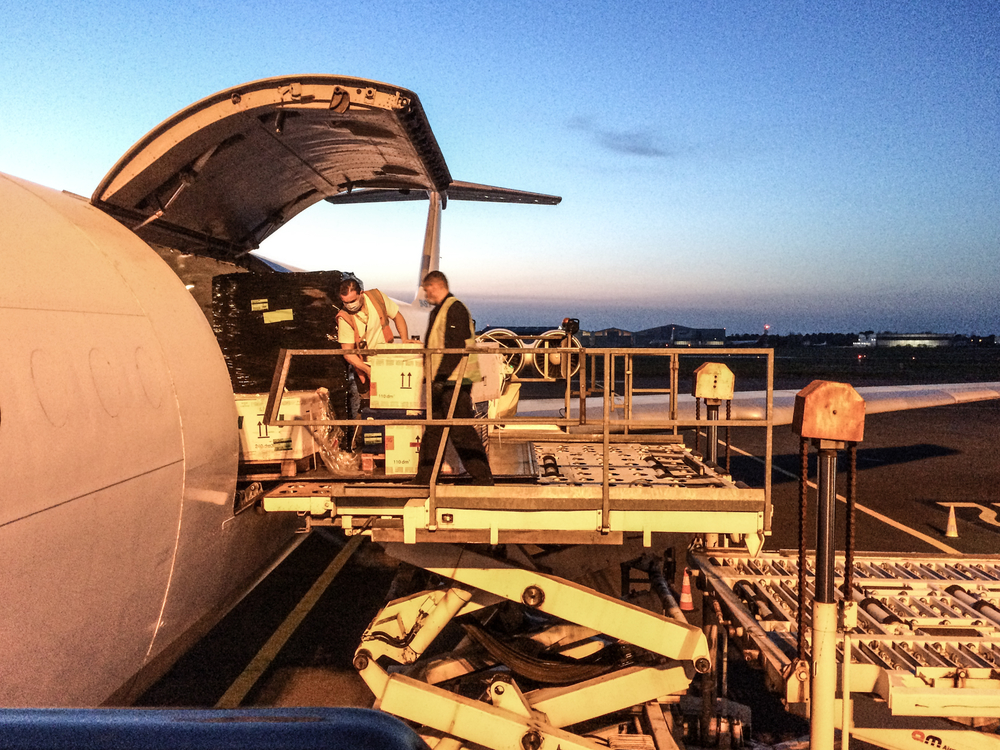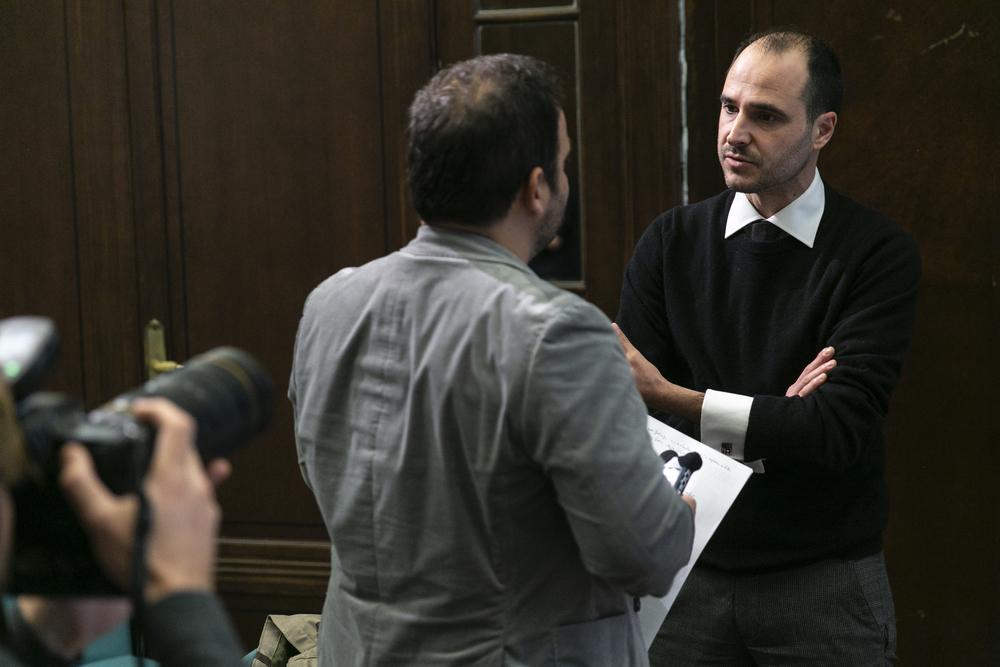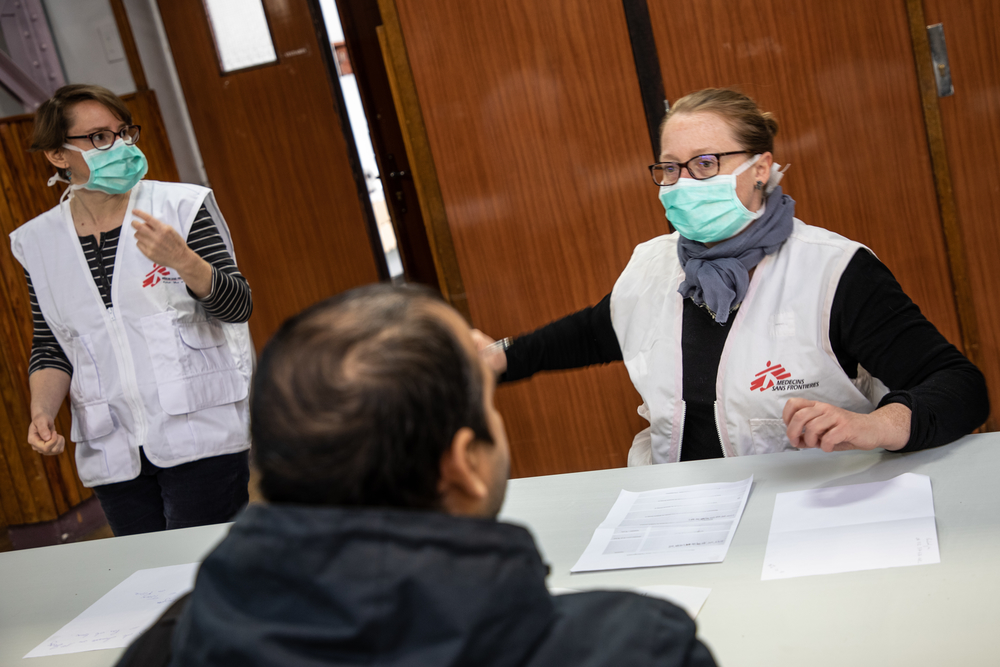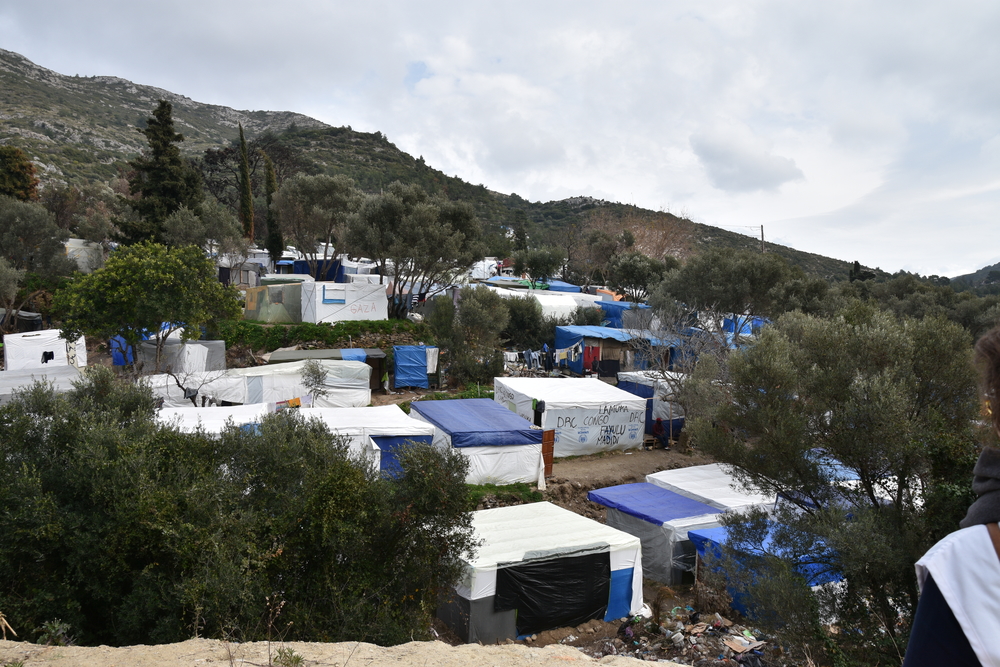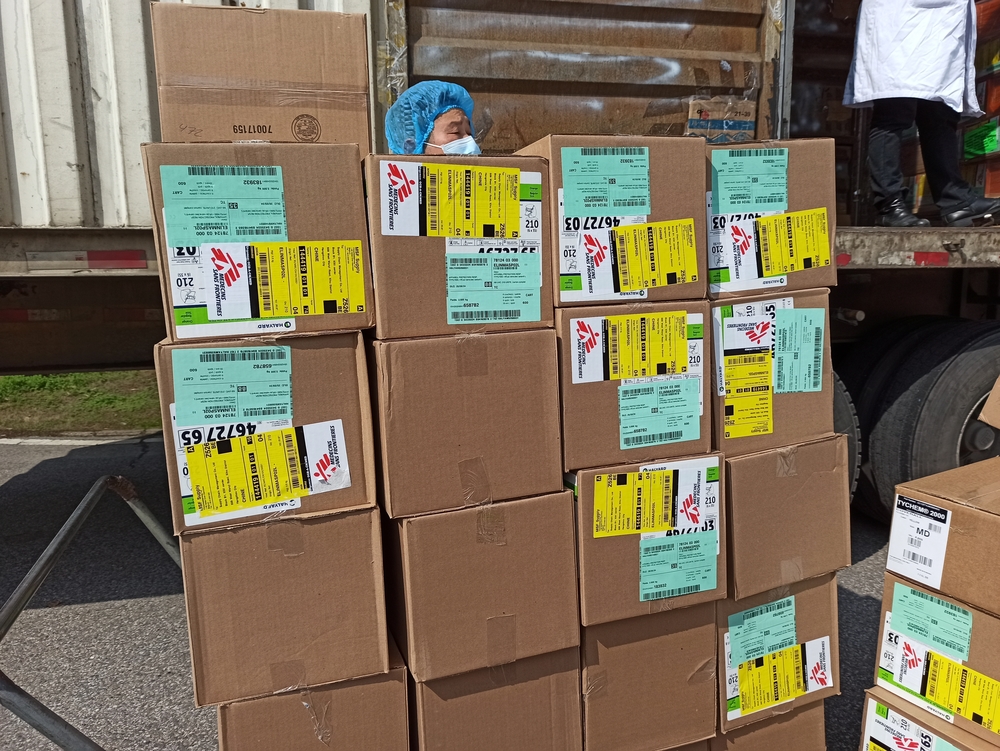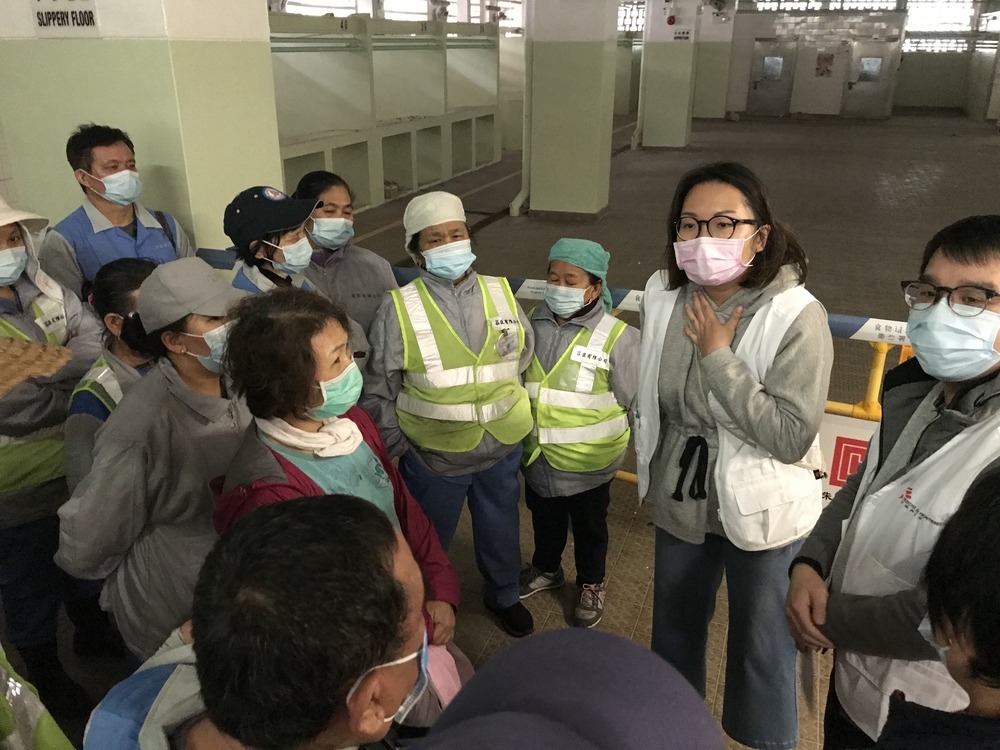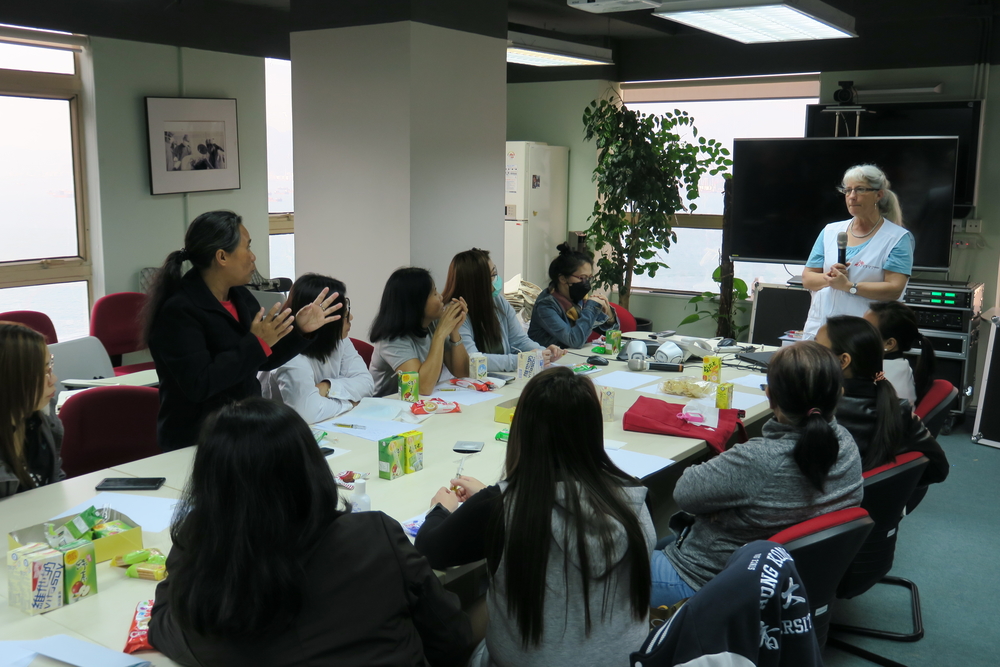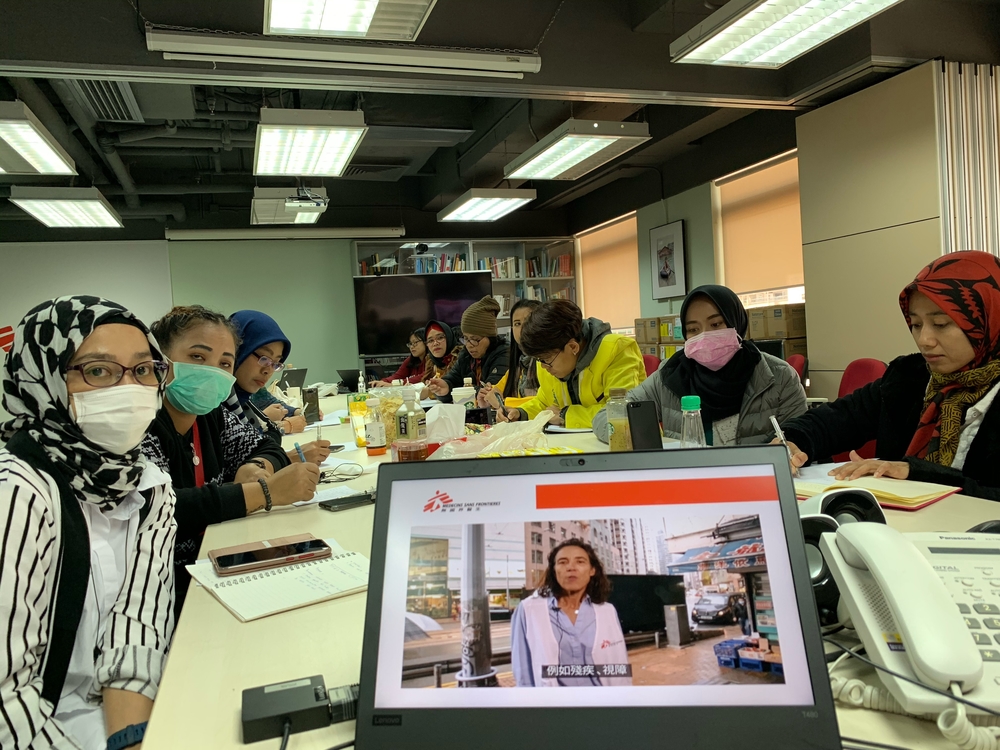Northern Syria: An ineffective humanitarian buffer has hampered COVID-19 vaccination
The COVID-19 vaccine Humanitarian Buffer (HB) is failing its mission to support populations hit by the pandemic and struggling to have access to immunization, says Doctors Without Borders/Médecins Sans Frontières (MSF). The HB is part of the COVAX mechanism, co-led by the Coalition for Epidemic Preparedness Innovations (CEPI), Gavi, the World Health Organization (WHO) and UNICEF, whose aim is to assist populations who do not have access to COVID vaccination in situations of humanitarian emergency. However, MSF’s recent experience in northern Syria highlighted the system’s limitations and ultimate failure to fulfil its purpose.
In late 2021, when the Delta variant was still predominant, the medical organization observed a significant increase in the number of COVID-19 cases reported in the area of Tell Abyad and Ras Al Ain. The area, currently under Turkey’s control, is home to approximately 156,000 people, including almost 70,000 people in need according to the United Nations. Due to its status, it is neither included in the UN’s cross-border mechanism for the delivery of humanitarian aid, nor covered by the Syrian government’s national immunization roll-out plan. In November of the same year, MSF submitted an application to the UN-led humanitarian emergency COVID-19 vaccine reservoir with a view to launching an immunization campaign in collaboration with its Syrian NGO partner Al Ameen. However, once the application was approved approximately six weeks after its submission, MSF was confronted with an opaque, unwieldy legal framework placing an excessive liability on field-based humanitarian organizations carrying out the operations. This led to months of consuming contractual wrangling, until the Turkish authorities made alternative plans and the window closed on the opportunity for MSF and Al Ameen to run the planned immunization campaign.
Timely intervention
“For this system to work and allow for a timely intervention, it has to be practical and fair for all partners” says Sarah Chateau, MSF’s Program Manager for Syria. “When we started discussing with the rest of the COVAX partners, we realized it was definitely not the case. To start with, we were denied access to some of the legal documents framing the procurement, which were necessary for us to assess the risks we were asked to accept.”
Another significant obstacle was the deeply unbalanced distribution of liabilities in the initial version of the agreement framing the supply of the vaccines, which led to months of negotiations. In those agreements, UNICEF, GAVI (the global vaccine alliance) and the vaccine manufacturer transferred to MSF part of their liability for their own roles and responsibilities in the HB, requesting MSF to waive some of its legal remedies against them and, in some cases, indemnify them against their loss and third-party claims. Adding to this, the sheer number of contracts and interlocutors results in a lack of overall accountability for the overall functioning of the system.
A more balanced agreement
“After more than four months of discussion, we were the verge of being able to reach a more balanced (though far from perfect) agreement. But the Turkish authorities recently notified our partner Al Ameen that the window of opportunity for us to run the activity has closed and have made alternative plans for the COVID-19 vaccination” says Sarah Chateau. “The Humanitarian Buffer can potentially support millions of people, particularly among the hard-to-reach populations. As of March 2022, 2.5 million doses have been approved according to publicly available information and while more applications are in process, this is a small fraction of the 155 million doses announced at the beginning of 2022 as the HB target. For the sake of our collective pandemic preparedness, we urge the COVAX partners to work to improve the system: unacceptably lengthy negotiations, excessive contractual complexity, lack of transparency and the unbalanced distribution of liabilities are issues that need an urgent solution. We appreciate the concept of the HB but the system today is failing its purpose and, more importantly, the populations it is meant to serve.”
